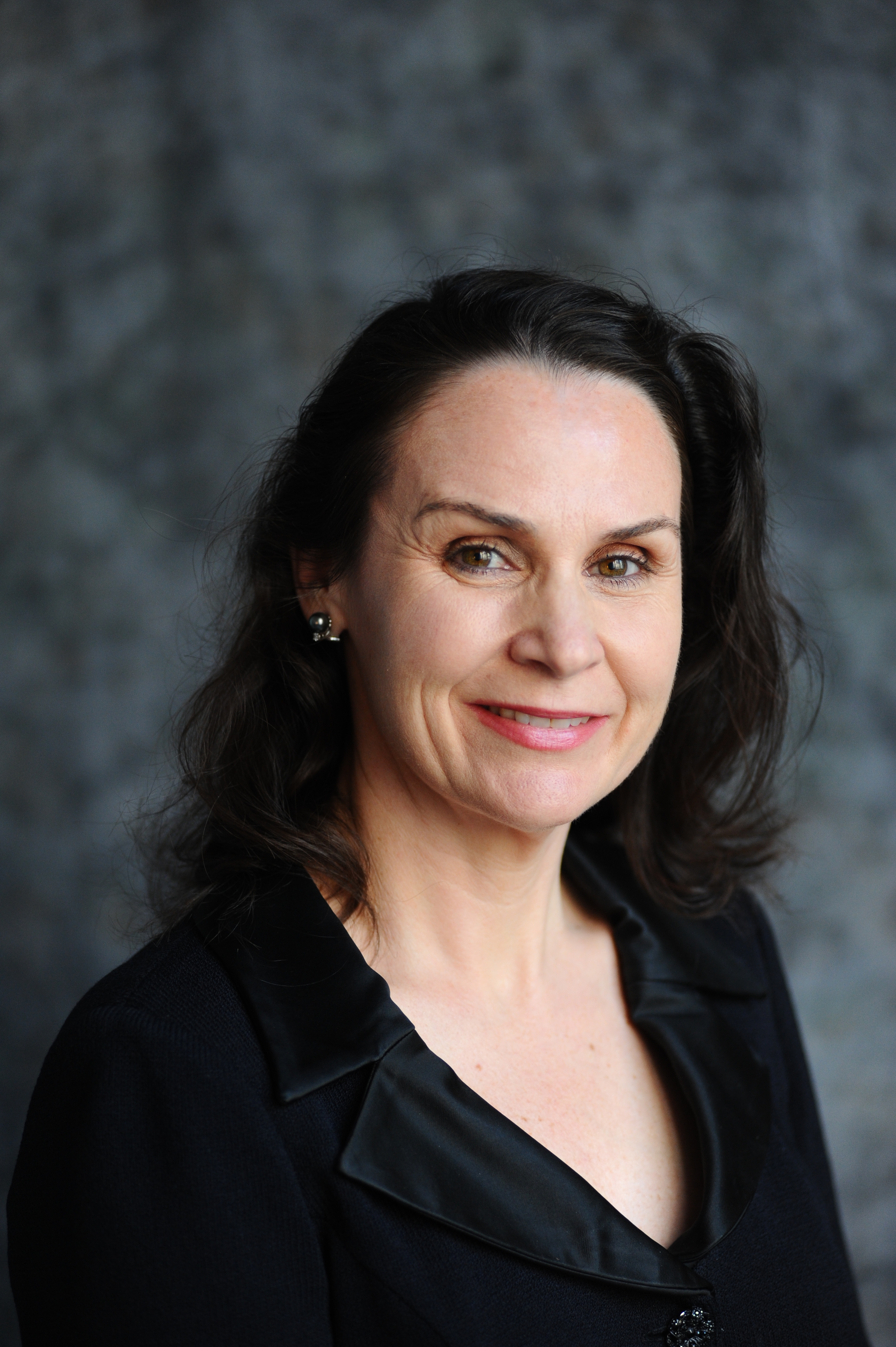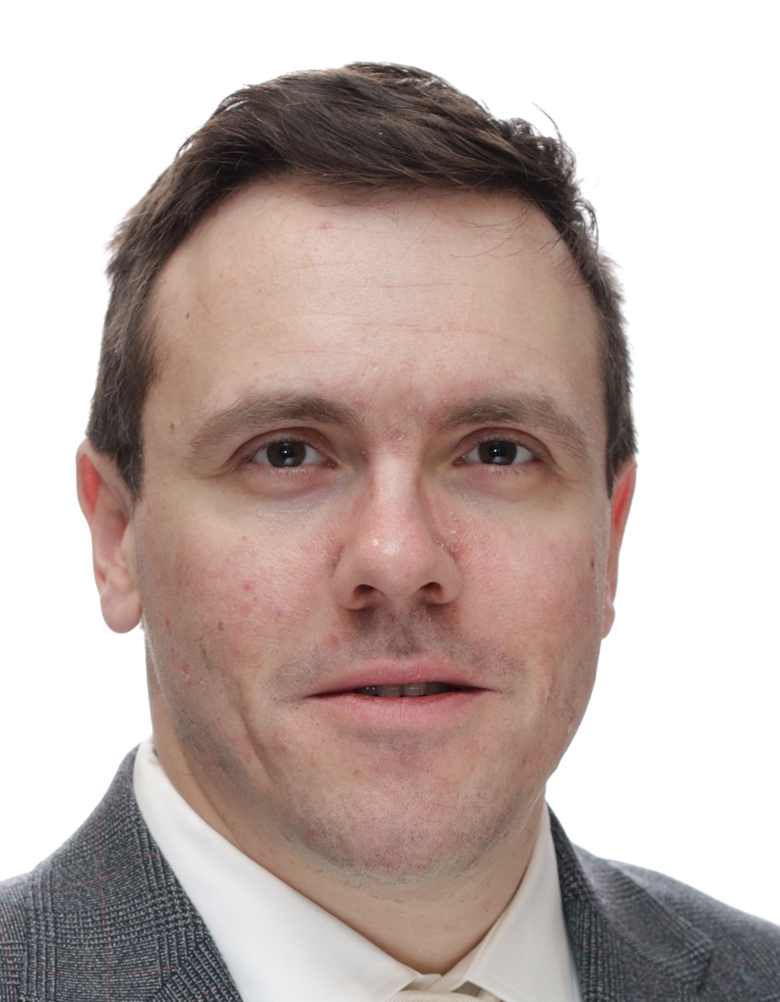Trinity Monday 2023 - Fellows and Scholars
Trinity College Dublin was founded as a corporation consisting of the Provost, the Fellows and the Scholars. Scholars are elected annually in various subjects on the result of an examination held in Trinity term. Scholarship or research achievement of a high order is the primary qualification for Fellowship, coupled with evidence of the candidate's contribution to the academic life of the College and an effective record in teaching.
Traditionally, the election of new Fellows and Scholars is announced by the Provost on Trinity Monday (24 April 2023) at 10.00 a.m. from the steps of the Public Theatre. Two Honorary Fellows, Seven Professorial Fellows, Thirty Seven New Fellows and Sixty Two New Scholars were elected this morning.
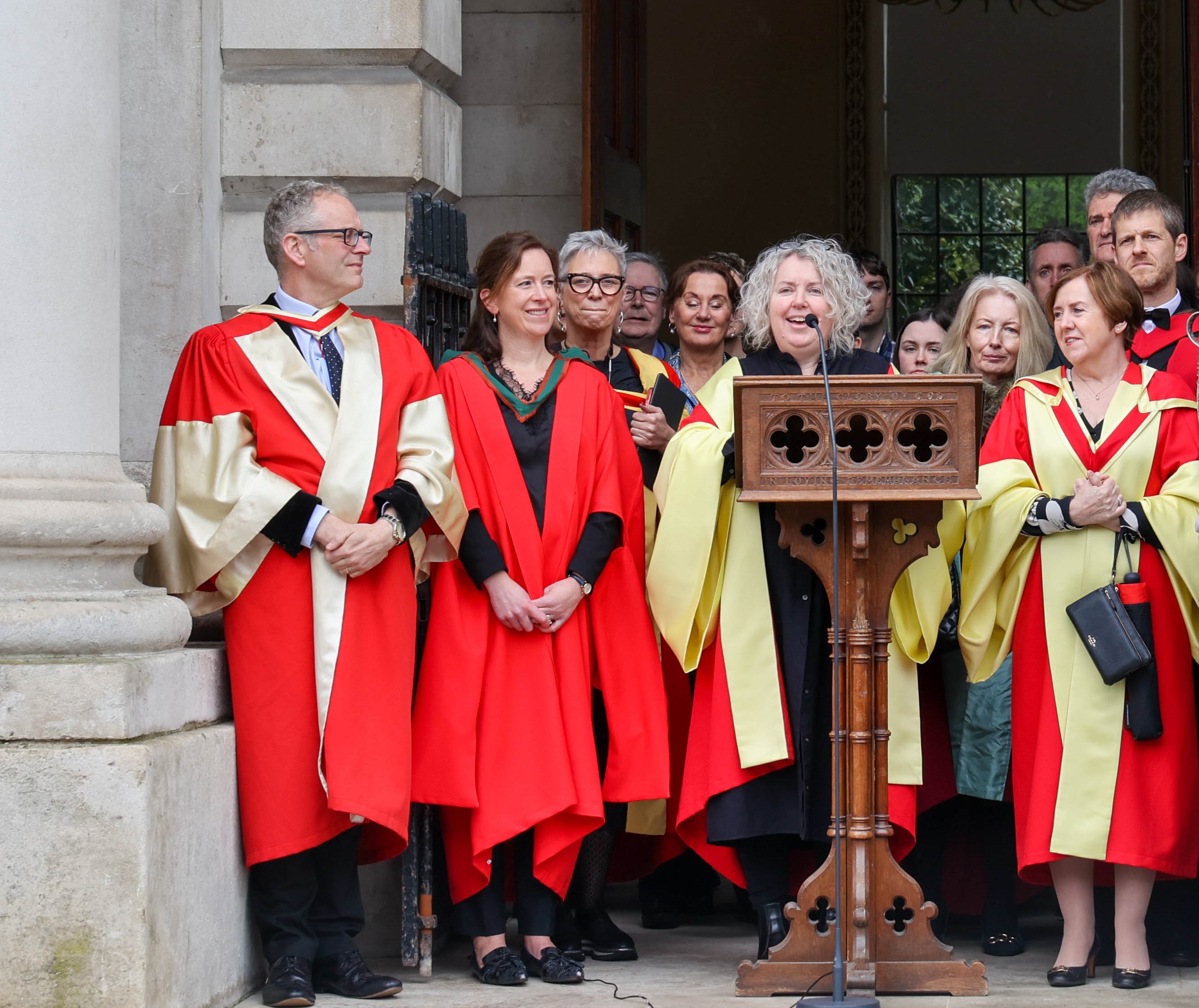
Honorary Fellowship
IN ACCORDANCE WITH THE PROVISION IN SECTION 11 OF THE CHAPTER ON THE FELLOWS IN THE 2010 CONSOLIDATED STATUTES, THE FOLLOWING HAS BEEN ELECTED TO HONORARY FELLOWSHIP:
Veronica Campbell (Professor)
Professor Veronica Campbell holds a degree in Pharmacology from the University of Edinburgh and a PhD in Neuropharmacology from the University of London. She was was appointed to an academic post in the Department of Physiology, School of Medicine at Trinity College Dublin in 1998. Professor Campbell has extensive undergraduate and postgraduate teaching experience and a successful research record in cell biology, pharmacology and tissue engineering.
She has held several senior leadership roles in Trinity College Dublin, including Dean of Graduate Studies and Bursar & Director of Strategic Innovation.
Professor Campbell served on the inaugural Board of the Atlantic Institute, based in Oxford University, and was the chair of the Global Brain Health Institute of Trinity College Dublin and the University of California San Francisco, funded by Atlantic Philanthropies. She is a former President of the Royal Academy of Medicine in Ireland (Biomedical Sciences Section).
Veronica was appointed as inaugural President of Ireland’s newest university, South East Technological University, in July 2022.
Paula Meehan
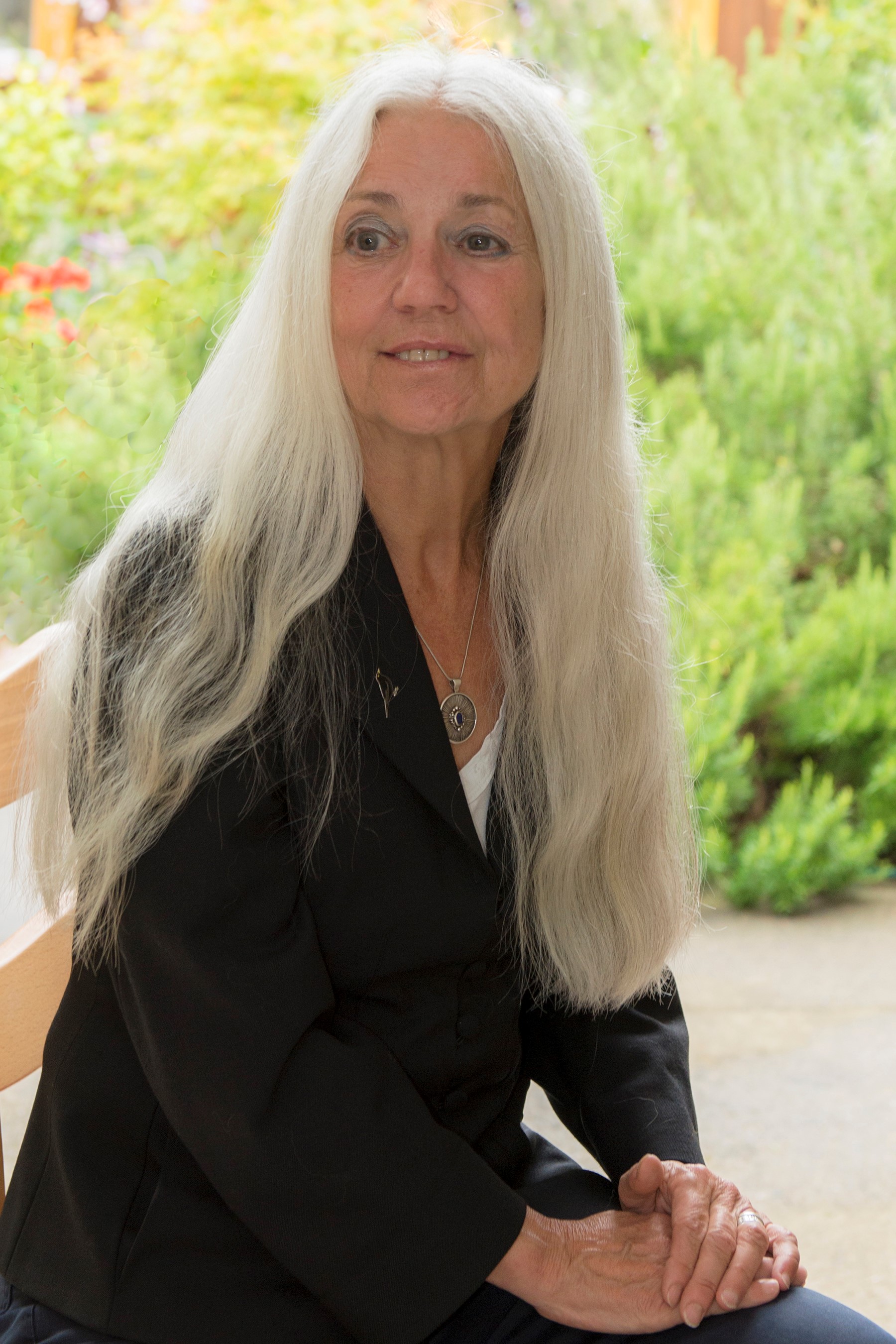
Paula Meehan was born in 1955 in Dublin’s north inner city. Her award-winning poetry has garnered widespread popular and critical acclaim. She studied at Trinity College Dublin where she was later Writer Fellow in Residence.
She has moderated workshops in the community, in the prisons, in recovery programmes and has worked extensively with emerging poets inside and outside the universities.
She was Ireland Professor of Poetry, 2013-2016 and Imaginary Bonnets with Real Bees in Them, her public lectures from the Chair, are published by UCD Press. Recent work includes As If By Magic: Selected Poems, drawn from over thirty years of making poems and For the Hungry Ghosts, a book responding to James Joyce’s ‘Hades’ episode of Ulysses.
She was honoured in 2022 with a Trinity College Dublin Distinguished Alumni Award. She is a member of Aosdána.
Professorial Fellowship
IN ACCORDANCE WITH THE PROVISION IN SECTION 7 OF THE CHAPTER ON THE FELLOWS IN THE 2010 CONSOLIDATED STATUTES, THE FOLLOWING HAVE BEEN ELECTED TO PROFESSORIAL FELLOWSHIP:
- Sonia Bishop (Professor)
- Athanasios Mantalaris (Professor)
- Sharyn O'Halloran (Professor)
- Gregory O'Hare (Professor)
- Susan Smith (Professor)
- Catherine Welch (Professor)
- Katrin Wendland (Professor)
Sonia Bishop (Professor)
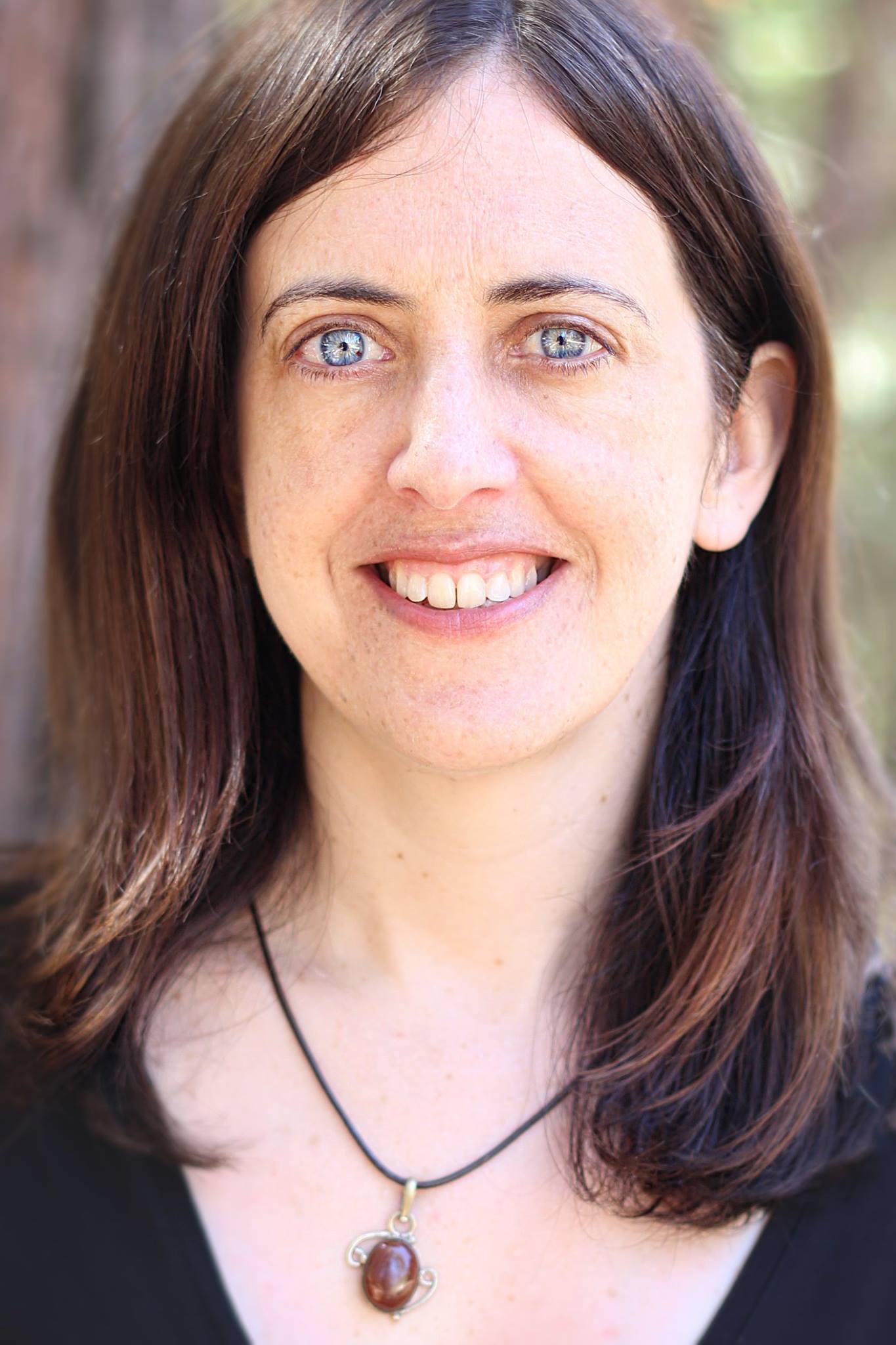
Professor Sonia Bishop holds the 1968 Chair of Psychology in the School of Psychology and is affiliated with the Trinity College Institute of Neuroscience. She completed a BA in experimental psychology at Oxford University followed by a PhD in clinical psychology at the Institute of Psychiatry, Kings College London. Her postdoctoral training was conducted at Cambridge University and the Medical Research Council Cognition and Brain Sciences Unit in Cambridge together with a year at Princeton University and the University of Pennsylvania. Prior to her appointment at Trinity College Dublin, she held a tenured faculty position at University of California, Berkeley. At the beginning of her time at UC Berkeley, she received NIMH’s Biobehavioural Research Award for Innovative New Scientists.
She uses a combination of computational modelling, functional neuroimaging and experimental methods to investigate altered cognitive and brain function in anxiety and depression. Current interests focus in particular on decision-making under uncertainty and how this is disrupted in both anxiety and depression.
Athanasios (Sakis) Mantalaris (Professor)
Sakis Mantalaris is currently the Don Panoz Chair at the School of Pharmacy & Pharmaceutical Sciences at Trinity College Dublin as well as Principal Investigator at the National Institute for Bioprocessing Research & Training. Prior, he was Professor in the WH Coulter Department of Biomedical Engineering at the Georgia Institute of Technology and Emory University (2018-2023), USA, and before he was Professor in Chemical Engineering at Imperial College London (2000-2018).
Professor Mantalaris received his PhD in Chemical Engineering in 2000 from the University of Rochester, USA. His expertise is in modelling of biological systems and bioprocesses with a focus on mammalian cell culture systems, stem cell bioprocessing, and tissue engineering. He has received several awards: the Junior Moulton Award for best paper by the IChemE (2004), Fellow of American Institute for Medical and Biological Engineering (2012), an ERC Advanced Investigator Award (2013), and the Donald Medal from IChemE for his contributions to biochemical engineering (2015).
Sharyn O'Halloran (Professor)
Sharyn O'Halloran is the SALI Professor of Political Economy at Trinity College Dublin in Ireland and, in 2006, she was named the George Blumenthal Professor of Political Economy and Professor of International and Public Affairs at Columbia University in New York City. A political scientist and economist by training, O’Halloran has written extensively on issues related to the political economy of international trade and finance, regulation and institutional reform, economic growth and democratic transitions, and the political representation of minorities.
Professor O’Halloran received a BA degree in Economics and Political Science from the University of California, San Diego. Professor O’Halloran then received her MA and PhD from the University of California, San Diego, and an MSc in Enterprise Risk Management from Columbia University. Professor O'Halloran's work focuses on formal and quantitative methods and their application to politics, economics, and public policy.
Her publications include Politics, Process and American Trade Policy (University of Michigan Press), Delegating Powers (Cambridge University Press), The Future of the Voting Rights Act (Russell Sage Foundation), After the Crash: Financial Crises and Regulatory Responses, (Columbia University Press), as well as numerous journal articles on administrative procedures and agency design, with application to U.S. trade and financial regulatory policy, including those published in the American Journal of Political Science, the American Political Science Review, International Organization, Yale Law Journal, NYU Law Journal, and the Journal of Law, Economics and Organization.
Gregory O'Hare (Professor)
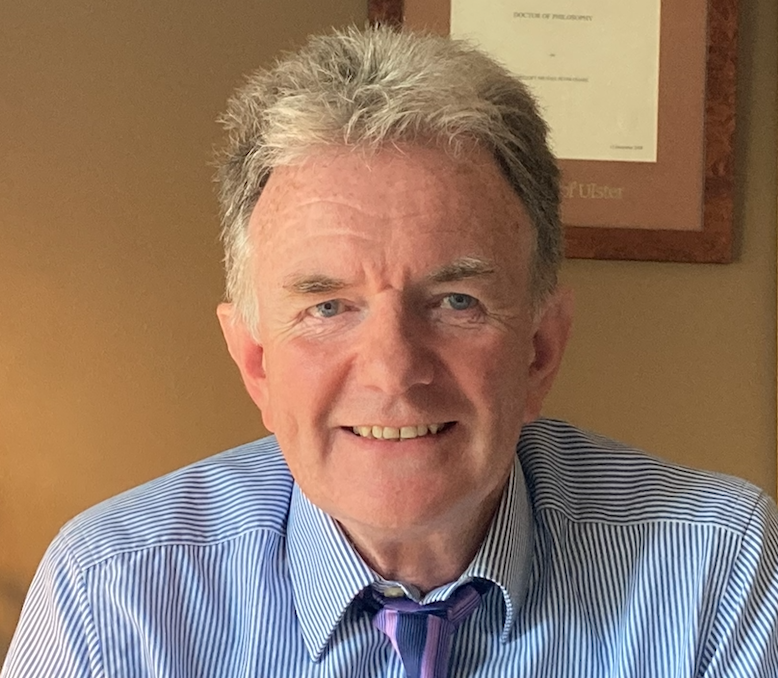
Gregory O'Hare is a Professor of Artificial Intelligence and Head of School of Computer Science & Statistics at Trinity College Dublin. Professor O'Hare completed his studies at the University of Ulster graduating with a BSc, MSc and PhD. Prior to joining Trinity College Dublin he was a Professor of Computer Science at University College Dublin (UCD). He held the position of Head of the Department of Computer Science at University College Dublin (UCD) 2001-2004. Prior to joining UCD he has been on the Faculty of the University of Central Lancashire (1984-86) and the University of Manchester (1986-1996).
He has published over 500 refereed publications in Journals and International Conferences, 7 books and has won significant grant income (ca €48.00M), and supervised 38 PhD's to completion. Professor O'Hare is an established researcher of international repute. His research interests are in the areas of Multi-Agent Systems (MAS), Intelligent Systems, Ubiquitous Computing and Wireless Sensor Networks.
Professor O'Hare is a Fellow of the British Computer Society and a Fellow of the Irish Computer Society. In 2008-2009 he secured a Visiting Research Fellowship to the University of Oxford. In 2010 he was awarded a Fulbright Scholar visiting position at the Computer Science and Artificial Intelligence Laboratory (CSAIL) at Massachusetts Institute of Technology (MIT). From 2017-2022 he was lead Principal Investigator for CONSUS (Crop Optimisation through Sensing, Understanding & Visualisation), a €17.6 Million SFI Strategic Partnership Programme co-funded by Origin Enterprises Plc. applying Intelligent Systems to Smart Agriculture.
Susan Smith (Professor)
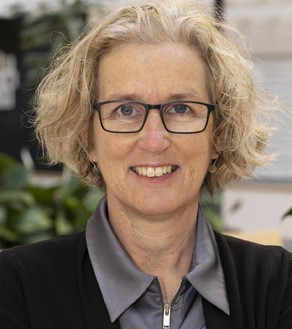
Susan Smith is Professor of General Practice at Trinity College Dublin and works as a General Practitioner at Inchicore Family Doctors in Dublin 8. She qualified from TCD in 1987 and has worked in Ireland, the UK and Australia. She has been an academic GP for over 25 years involved in medical education and clinical and health services research in primary care.
Her research interests include improving outcomes for patients living with multimorbidity and related clinical issues such as medicines management, including access to medicines.
She is an editor and author with the Cochrane Collaboration and is an advocate for Evidence Based Medicine and Shared Decision Making. She has been involved in Evidence Synthesis nationally in Ireland and during the COVID-19 pandemic she has been a member of the HIQA COVID19 Expert Advisory Group, which provides evidence based guidance to inform public policy and guidance.
She also has an interest in health equity and coordinates the Deep End Ireland Group, which advocates for appropriate primary care services for socioeconomically disadvantaged groups.
Catherine Welch (Professor)
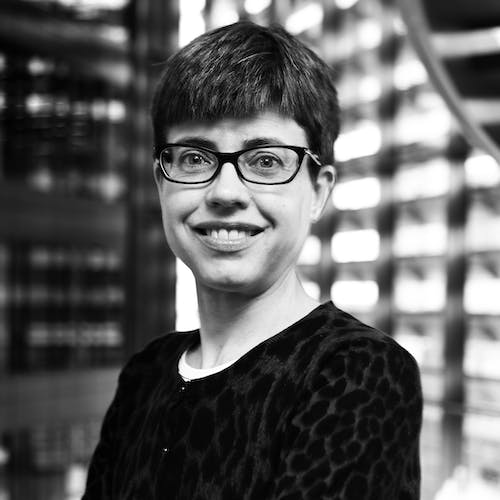
Catherine Welch is Chair of Strategic Management at Trinity College Dublin, having previously been a Professor at the University of Sydney, Australia and a Distinguished Visiting Professor at Aalto University, Finland. Catherine’s research concentrates on contextualisation in IB research, including process approaches to studying firm internationalization. Her work has appeared in leading journals in international business and management, where she has a track record of launching new disciplinary conversations and advocating methodological and theoretical pluralism. She was the first author on a paper which won the 2021 Journal of International Business Studies (JIBS) Decade Award.
Catherine is the current Book Review Editor of JIBS and is a member of the journal’s Research Methods Advisory Committee. She is an Associate Editor of Organizational Research Methods. She is Vice-President, Communications, and Newsletter Editor for the Academy of International Business (AIB) Research Methods Shared Interest Group (RM-SIG), of which she was a founding member. In recognition of her scholarly achievements she was elected Fellow of the AIB and is currently serving on the association’s board as Vice President Programs.
Katrin Wendland (Professor)
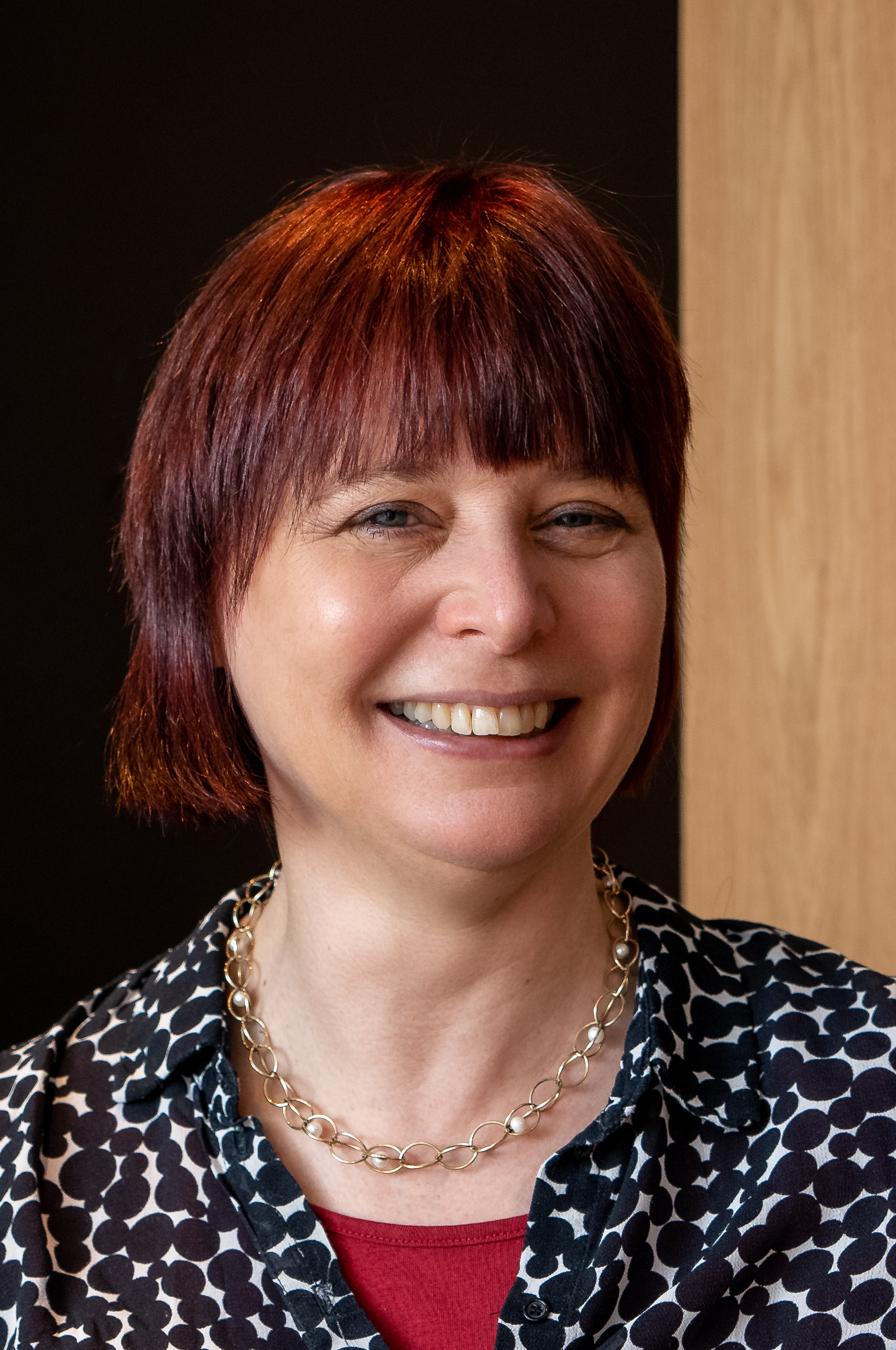
Katrin Wendland is Professor of Mathematics at Trinity College Dublin. Her main research interest is in complex algebraic and differential geometry, motivated by conformal quantum field theory and string theory. She is an editor in chief of the Springer Monographs in Mathematics, and an editor of De Gruyter Expositions in Mathematics, the Journal de l’École Polytechnique - Mathématiques, and the Annales Henri Poincaré. She was a member of the board of the Deutsche Mathematiker Vereinigung (2010-2017).
Before moving to Dublin in 2022, she held full Professorships in Pure Mathematics at the University of Freiburg (2011-2021) and at the University of Augsburg (2006-2011). Previously she worked at the University of Warwick (2002-2006) and at UNC Chapel Hill (2000-2002), after receiving her PhD from the University of Bonn in 2000.
She held an ERC Starter Grant (2009-2014), was awarded the Medaille für besondereVerdienste um Bayern in einem vereinten Europa“ by the Bavarian Minister for Federal and European Affairs in 2009, and was an invited sectional speaker in Mathematical Physics at the International Congress of Mathematicians 2010 in Hyderabad. Since 2013 she is an elected Fellow of the American Mathematical Society and Full Member of the “Akademie der Wissenschaften und der Literatur Mainz”.
Fellowship
IN ACCORDANCE WITH THE PROVISION IN SECTION 7 OF THE CHAPTER ON THE FELLOWS IN THE 2010 CONSOLIDATED STATUTES,THE FOLLOWING HAVE BEEN ELECTED TO FELLOWSHIP:
- Colm John Bergin (Associate Professor)
- Constantine Boussalis (Associate Professor)
- Brendan Ciarán Browne (Assistant Professor)
- Igor Candido (Assistant Professor)
- Jane Suzanne Carroll (Associate Professor)
- Marcus Collier (Associate Professor)
- Sinead Cristin Corr (Associate Professor)
- Colm Cunningham (Associate Professor)
- Ann Devitt (Associate Professor)
- Eric Downer (Associate Professor)
- Jennifer Edmond (Associate Professor)
- Mark Faulkner (Assistant Professor)
- Claire Gillan (Associate Professor)
- Mads Haahr (Associate Professor)
- James Hanrahan (Associate Professor)
- Ranadeva Jayasekera (Associate Professor)
- Paschalis Karageorgis (Associate Professor)
- Vincent Patrick Kelly (Associate Professor)
- Manuela Kulaxizi (Assistant Professor)
- Michelle Leech (Professor)
- Joanne Lysaght (Professor)
- Ciaran Seamus McGoldrick (Associate Professor)
- Matthias Möbius (Assistant Professor)
- Lorina Naci (Associate Professor)
- Derek Nolan (Professor)
- Niamh O'Boyle (Associate Professor)
- Jennifer O'Meara (Associate Professor)
- Dermot O'Toole (Professor)
- Bjoern Quiring (Assistant Professor)
- Roman Romero-Ortuno (Professor)
- Micha Ruhl (Assistant Professor)
- Clemens Ruthner (Assistant Professor)
- Alexandros Seretakis (Assistant Professor)
- Valerie Smith (Professor)
- Kirk Soodhalter (Assistant Professor)
- Peter Stone (Associate Professor)
- Patrick Walsh (Assistant Professor)
Colm John Bergin (Associate Professor)
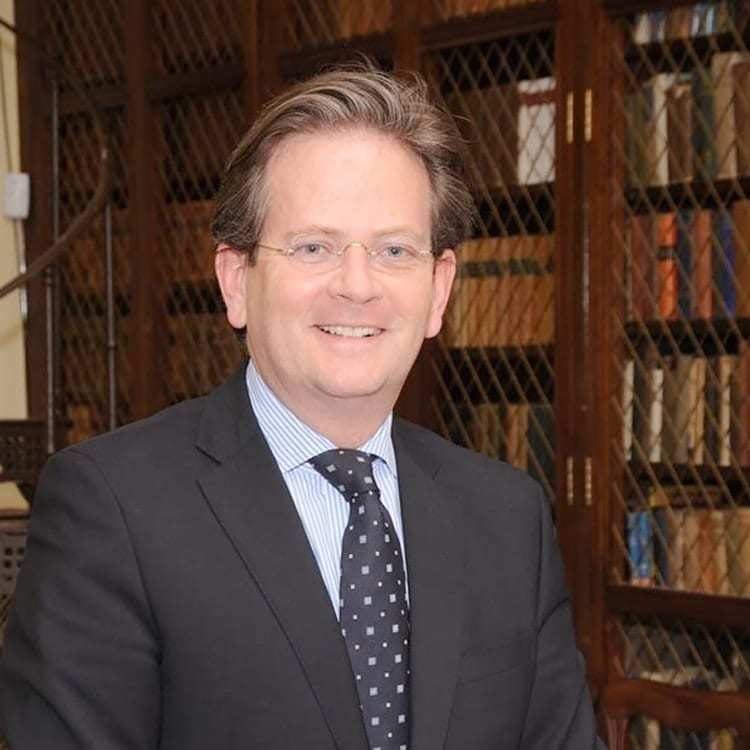
Professor Bergin is a Consultant Physician in Infectious Diseases, St James’s Hospital, Dublin and Professor in Infectious Diseases, Trinity College Dublin. Professor Bergin qualified from Trinity College Dublin in 1989 and returned home from Boston in 1999 to take up his clinical post as Consultant Physician in Infectious Diseases, St. James’s Hospital. Dublin.
Professor Bergin has developed a strong translational clinical research programme. He is PI/Co-PI on €20million grants from research funding bodies including HRB, SFI, NIH and EU FP7; he has published more than 200 papers (H index 49, citations 14,373, i10 index 129) and 4 book chapters.
Professor Bergin is co-PI of the National COVID-19 Biobank and inaugural Clinical Lead for the National Infectious Diseases Programme, Health Services Executive.
Prior roles include co-Founding Member and Chair of the Irish Hepatitis C Research Outcomes Network (ICORN); President of the Infectious Diseases Society of Ireland; Vice-President of the RCPI; Dean of Postgraduate Training, RCPI; National Lead, Outpatient Parenteral Antimicrobial Therapy (OPAT) programme, HSE; Clinical Director of the Surgical and Medical Subspecialties Directorate, St. James’s Hospital and Director of the Wellcome/Health Research Board Clinical Research Facility at St. James’s Hospital, Dublin.
He is the President of the BioSoc, TCD (148th session: 2023)
Constantine Boussalis (Associate Professor)
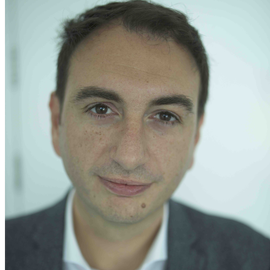
Professor Constantine Boussalis is a Political Scientist with a focus on environmental politics and political communication. He holds a PhD in Political Science from Claremont Graduate University and has been a vital member of the University community since joining Trinity College Dublin in 2014.
Professor Boussalis's innovative research employs cutting-edge computational methods to explore pressing issues in his fields of expertise. His work investigates the generation and propagation of climate change misinformation by contrarian organizations and actors, utilizing data-driven insights to shed light on obstacles to climate change policy. Additionally, Professor Boussalis combines advances in computer vision and machine learning to study the nonverbal communication of politicians in various contexts, ranging from political campaigns to social media. His research has been published in top-tier journals such as the American Political Science Review, International Studies Quarterly, Political Communication, and Global Environmental Change.
As a dedicated researcher, Dr. Boussalis has successfully secured external research funding and currently leads the NORFACE/IRC funded research project "ExID." This project employs computational methods to study the online communication of far-right activists across North America and Europe. Professor Boussalis's research has had significant real-world impact, with his findings on climate misinformation cited by policymakers and garnering attention in prominent media outlets such as The Guardian, The Washington Post, and The Irish Times.
Brendan Ciarán Browne (Assistant Professor)
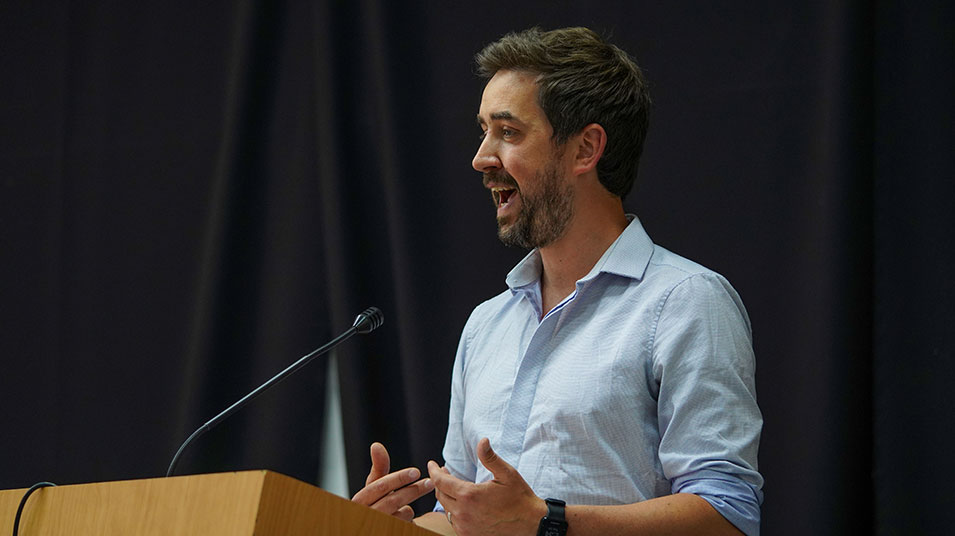
Professor Brendan Ciarán Browne is an interdisciplinary scholar with degrees in Law (LL.B, LL.M Human Rights) and a PhD in Sociology. He has held academic and research positions at Queen's University Belfast and Al Quds (Bard) University, Palestine. He is currently Assistant Professor of Conflict Resolution, Trinity College Dublin (Belfast campus). His research interests are focused on transitional justice, settler colonialism, liberal peacebuilding, and conflict and forced displacement in Palestine and the North of Ireland.
He has published several books, including: ‘Experiences in Researching Conflict & Violence: Fieldwork Interrupted' (Ed. with Althea Maria-Rivas); 'Refugees and Forced Displacement in Northern Ireland's Troubles: Untold Journeys' (co-authored with Dr Niall Gilmartin) & ‘Transitional (In)Justice and enforcing the peace on Palestine’ (Palgrave MacMillan). He is a regular commentator on issues relating to 'conflict' in Palestine and the North of Ireland with op-Ed’s in: The Irish Times, The New Statesman, Opinio Juris, the Globe Post, and 'The Conversation'.
Igor Candido (Assistant Professor)
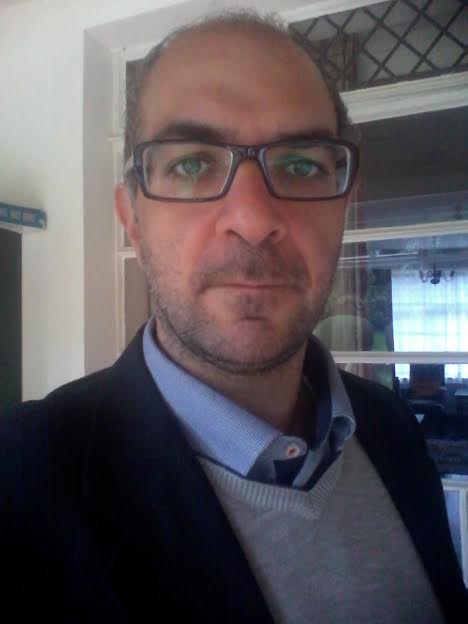
Professor Igor Candido was born in Italy and was educated in Italy, the USA, and Germany. He holds two doctoral degrees: a PhD from the Johns Hopkins University, USA (2011) and a DPhil from the University of Turin, Italy (2009). He has been the recipient of the prestigious Alexander von Humboldt Fellowship. Having had the opportunity to teach and do research in four different countries (Italy, the US, Germany, and Ireland), he has always tried to foster the dialogue and build bridges between different countries and cultural traditions.
He is Assistant Professor of Italian and Head of the Italian Department. His research interests have been comparative in two directions: by exploring the cultural transition between the Middle Ages and Renaissance as well as the reception and appreciation of Italian literature in 19th Century America. His areas of interest include Medieval and Renaissance literature, the afterlife of the Latin Classics; Philology; Comparative Literature.
Jane Suzanne Carroll (Associate Professor)
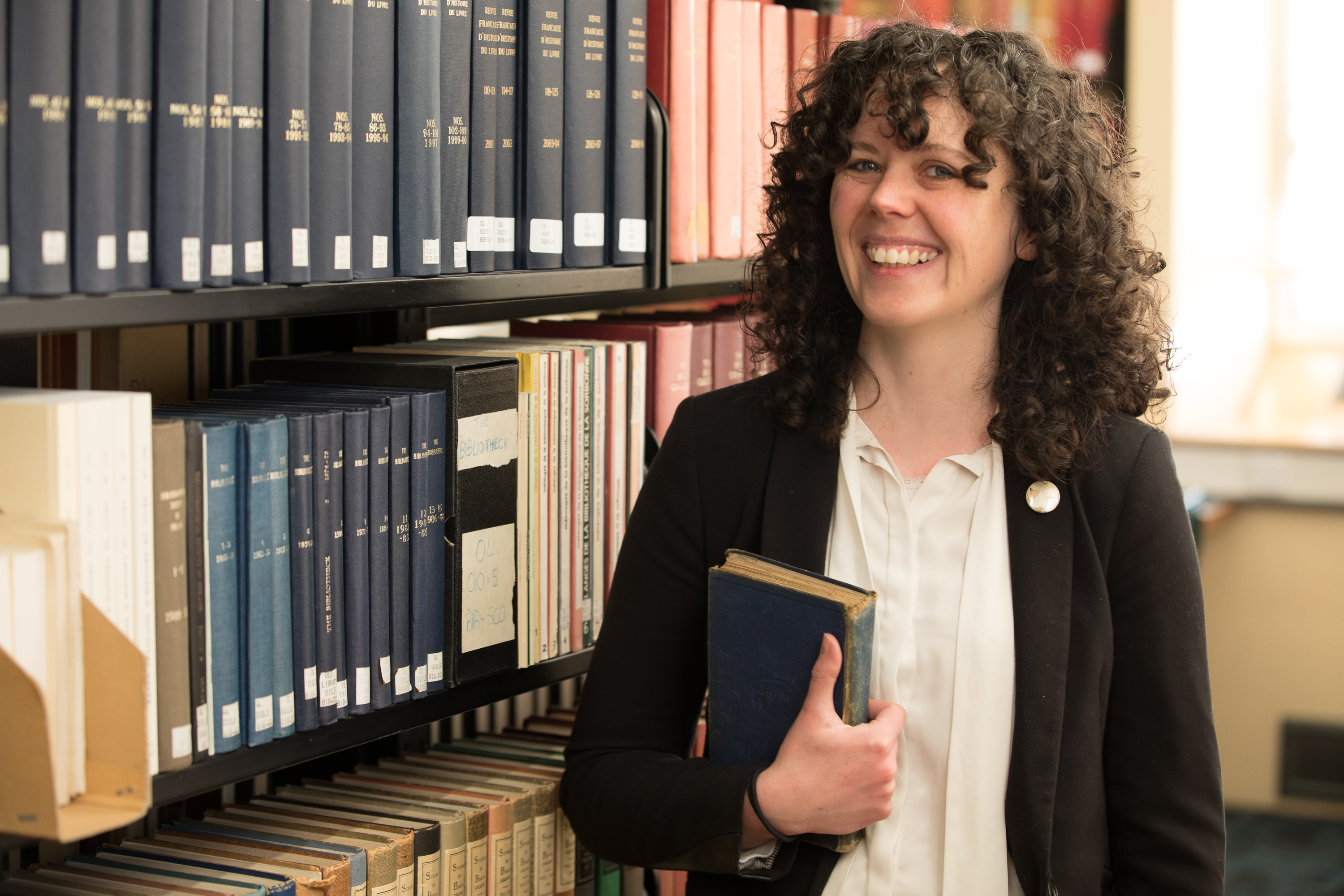
Jane Suzanne Carroll is an Ussher Associate Professor in Children's Literature in the School of English. She obtained her PhD in English at Trinity College Dublin in 2011. Before taking up her current position, she worked at the Sussex Centre for Folklore, Fairy Tales and Fantasy and taught with the National Centre for Research in Children’s Literature at the University of Roehampton. Her major research interests are in children’s literature, landscape, literary geography, fantasy, and material culture. Her research is characterised by tracing connections between the imagined worlds of children’s fantasy and the real world.
She has published articles on Susan Cooper, Terry Pratchett, J.R.R. Tolkien, M.R. James, and Jules Verne as well as two monographs: Landscape in Children’s Literature (2012) and British Children’s Literature and Material Culture: Commodities and Consumption, 1850-1914 (2021). Her work has been funded by the Irish Research Council and by the Higher Education Authority. In 2020, she was awarded a Sassoon Visiting Fellowship with the Bodleian Library, Oxford to complete research with the John Johnson Collection of Printed Ephemera into the links between advertising, illustration, and child consumers. Her current project “Collecting Childhood” is supported by the Irish Research Council.
She sits on the board of the Trinity Research in Childhood Centre and served as President of the Irish Society for the Study of Children’s Literature. Since 2016 she has been a Co-Director of the MPhil in Children’s Literature in the School of English.
Marcus Collier (Associate Professor)
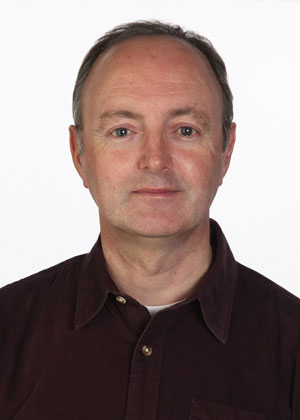
Marcus Collier is an Associate Professor of Sustainability Science in the Discipline of Botany in the School of Natural Sciences and a Principal Investigator at the Science Foundation Ireland ADAPT Centre. He obtained his PhD from UCD in 2010 and moved to Trinity College Dublin in 2017 becoming Director of Research for the School of Natural Sciences in 2018. His research is centred on anthropogenic ecosystems with a focus on social-ecological systems, urban novel ecosystems and nature-based solutions. Working as an environmental consultant prior to entering academia, he worked with volunteers and non-governmental agencies to co-create and implement ecological restoration projects through adaptive collaborative processes.
Marcus has over 60 journal publications and he was the lead investigator of two EU-funded research consortia over 10 years: the TURAS project from 2011 to 2016, for which he received a Champions of European Research Award, followed by Connecting Nature from 2017 to 2022. In 2020, Marcus was awarded a European Research Council Consolidator grant for NovelEco, which is investigating perceptions of inform wild spaces in cities with citizen scientists.
Sinéad Cristin Corr (Associate Professor)
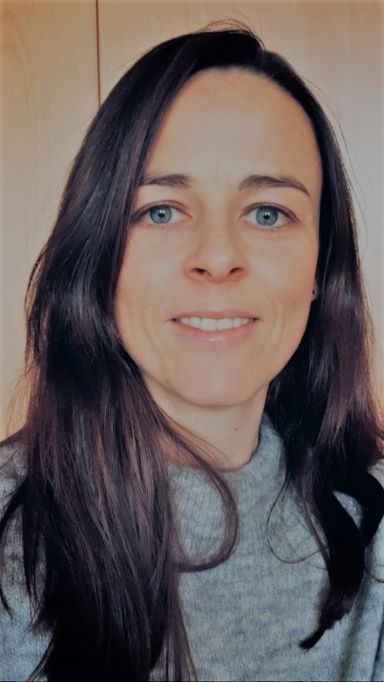
Sinéad Corr is an Associate Professor at the School of Genetics and Microbiology, where she leads the Microbiome & Mucosal Immunity Research Group.
Sinéad received a BSc Microbiology (2002) and PhD in Molecular Microbiology from University College Cork (2006). This was followed by postdoctorate work as part of a collaboration between GlaxoSmithKline and the Alimentary Pharmabiotic Centre, UCC (now APC Microbiome Ireland) (2006-2008) and subsequently with Professor Luke O’Neill’s Inflammation Research Group, at the School of Biochemistry and Immunology, Trinity College Dublin (2008-2015). In 2015, Sinéad secured an academic position in the Department of Microbiology.
Sinéad’s research focusses primarily on the host-microbe interface within the GI tract. Using molecular based approaches combined with animal models and clinical samples, the Corr research team target Microbiome, Metabolome, cytokine and microRNA networks to understand how healthy immune responses are maintained at the intestinal mucosal barrier and what processes over-ride this during disease or in response to infection. A key focus of this research is on IBD. This research has a strong translational focus, maintained by active collaboration with clinician colleagues and industrial biopharma partners, with the aim of identifying therapeutic strategies or novel dietary interventions and bio-actives to manipulate intestinal immunity and enhance the beneficial aspects of the gut microbiome, with the ultimate goal of boosting gut health and reducing the severity of intestinal infectious and inflammatory diseases.
This research has received funding from Science Foundation Ireland, Enterprise Ireland, Irish Research Council, Crohn’s and Colitis Foundation of America and EU Marie Sklodowska-Curie Actions.
Colm Cunningham (Associate Professor)

Professor Colm Cunningham is an Associate Professor in the School of Biochemistry and Immunology in Trinity College Dublin, whose main research interest is to unravel interactions between the immune system and the nervous system.
Colm graduated from Trinity College Dublin with a BA (Mod) in Biochemistry and later completed his PhD in the laboratory of Professor Keith Tipton, also in Trinty College Dublin. He performed post-doctoral research in the CNS Inflammation Group of Professor Hugh Perry (FMedSci) in the University of Southampton, where he first described microglial priming and vulnerability of the degenerating brain to secondary insults. In 2006, Dr Cunningham returned to Trinity funded by a Wellcome Trust Career Development Fellowship to develop the first animal models of delirium during dementia and this work on the interaction between prior neurodegenerative and superimposed secondary insults in delirium and long-term cognitive decline was further supported by the award of a Wellcome Trust Senior Fellowship in 2010.
His current research is supported by the US National Institute of Aging (NIH), SIMONS Foundation and Alzheimer’s Research UK. In 2021 he was awarded the Maeve Leonard Award for unique contribution to delirium research or care by The European Delirium Association.
Ann Devitt (Associate Professor)
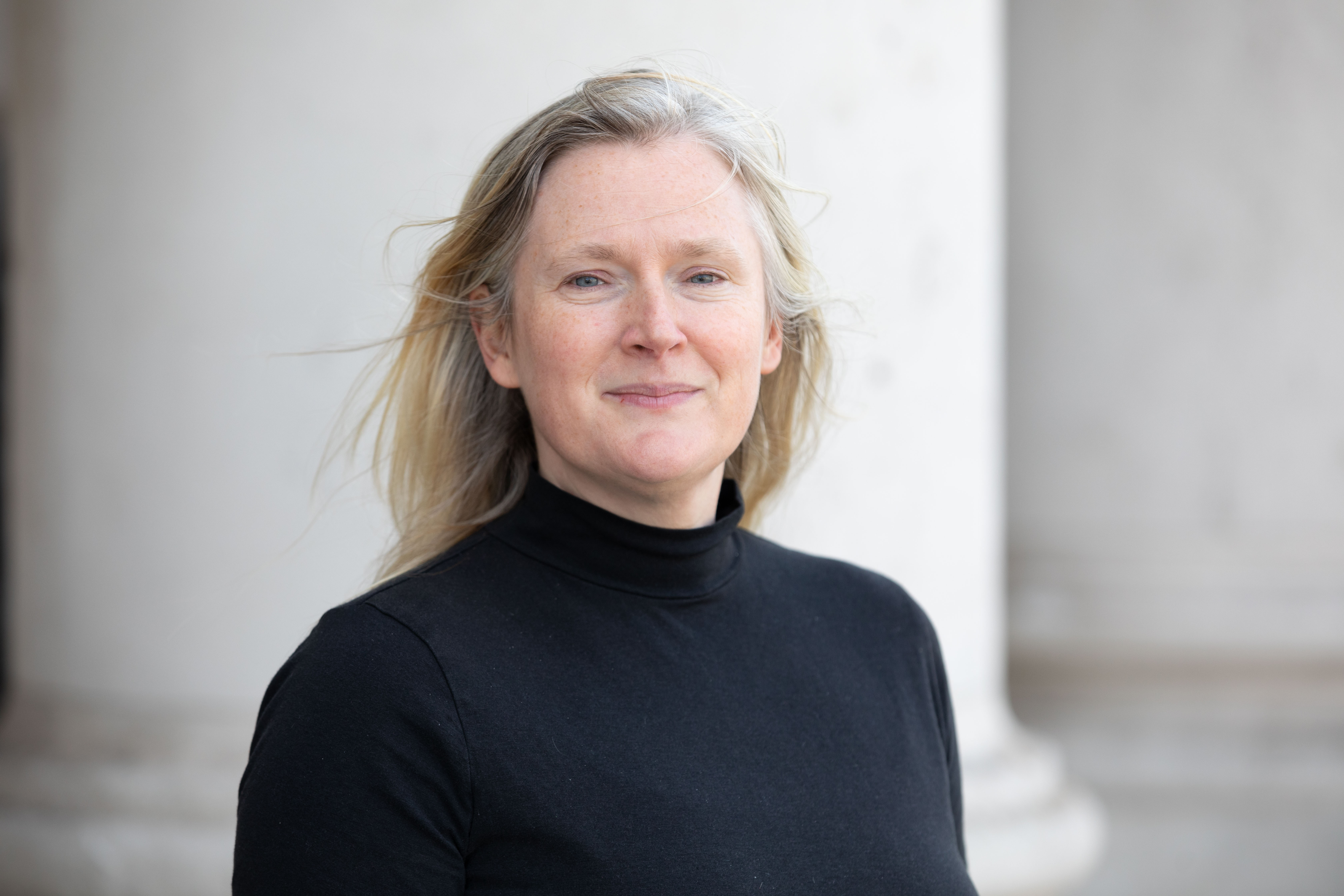
Ann Devitt is Associate Professor at the School of Education in Trinity College Dublin. Her research interests lie in the area of language teaching and learning, and technology enhanced learning. She is Academic Director for Learnovate, the Enterprise Ireland funded centre of excellence for educational technology which is hosted in Trinity College Dublin. She has extensive research experience in both academia and industry having worked in the language and speech technology industries as well as in telecoms for a number of years.
Professor Devitt is a member of the Royal Irish Academy Languages, Literature, Culture and Communication Committee.
Eric Downer (Associate Professor)
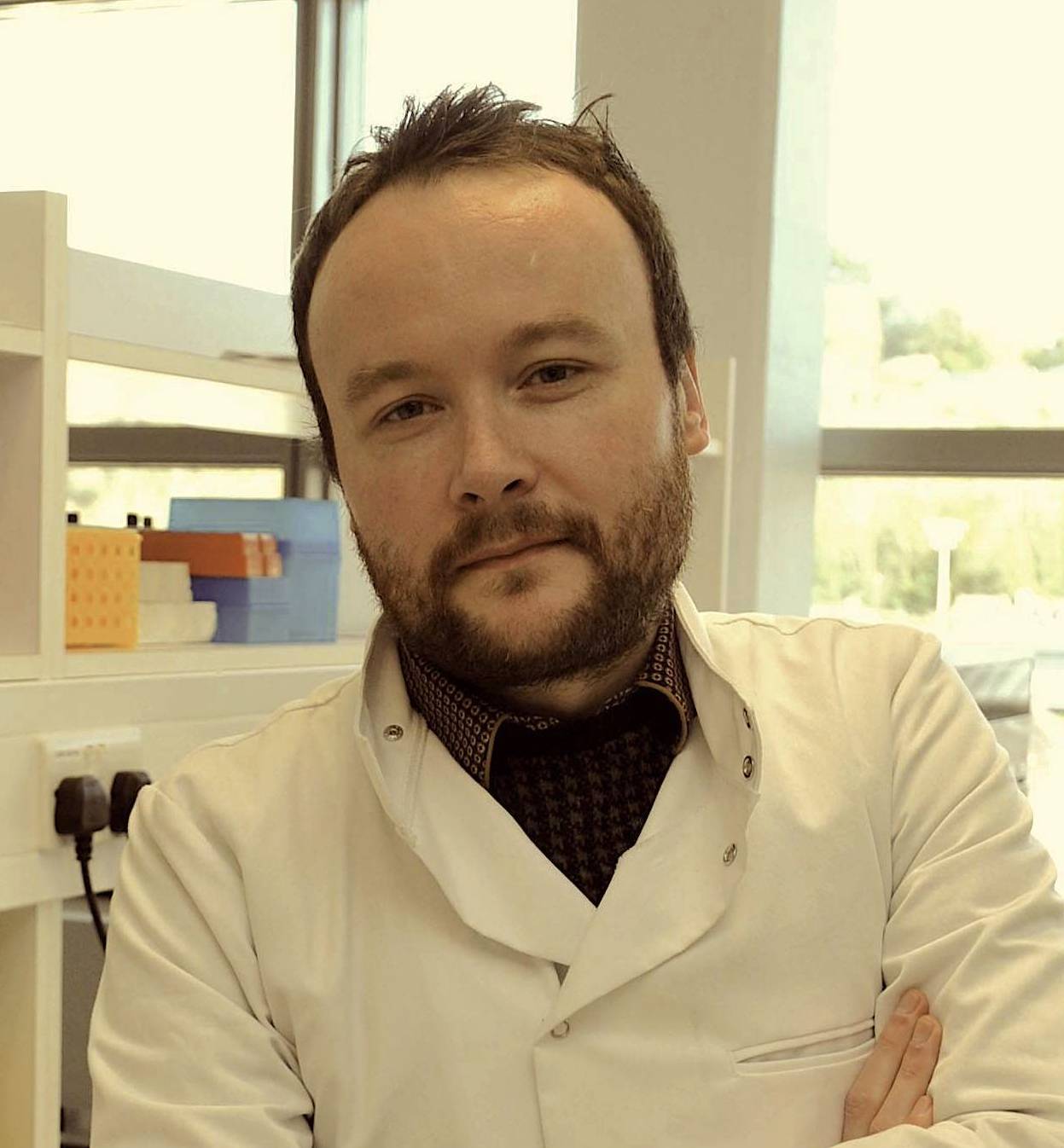
Eric Downer is an Associate Professor in the School of Medicine, Trinity College Dublin, where he is the Director of the BSc in Human Health and Disease programme. Professor Downer was appointed to his first academic position in University College Cork (UCC) in 2013, where he was a lecturer and PI in the Department of Anatomy and Neuroscience, and also the Director of the Biosciences Imaging Centre. In 2015 he was appointed as Assistant Professor at Trinity College Dublin.
Professor Downer’s research interest is in neuroimmunology, with emphasis on the role of the innate immune system in neuroinflammatory conditions, particularly Multiple Sclerosis. He has a particular interest in the cannabinoid system, and its' role in regulating neuroinflammation. Professor Downer's research has been funded by Enterprise Ireland, the Irish Research Council, the Health Research Board, the Physiological Society, the British Neuropathological Society and Industry partnerships.
Professor Downer has been honoured with the Royal Academy of Medicine in Ireland Early Career Award (2009), the Neuroscience Ireland Early Career Investigator Award (2013), and is a recipient of the Trinity Excellence in Teaching Award (2021).
Jennifer Edmond (Associate Professor)
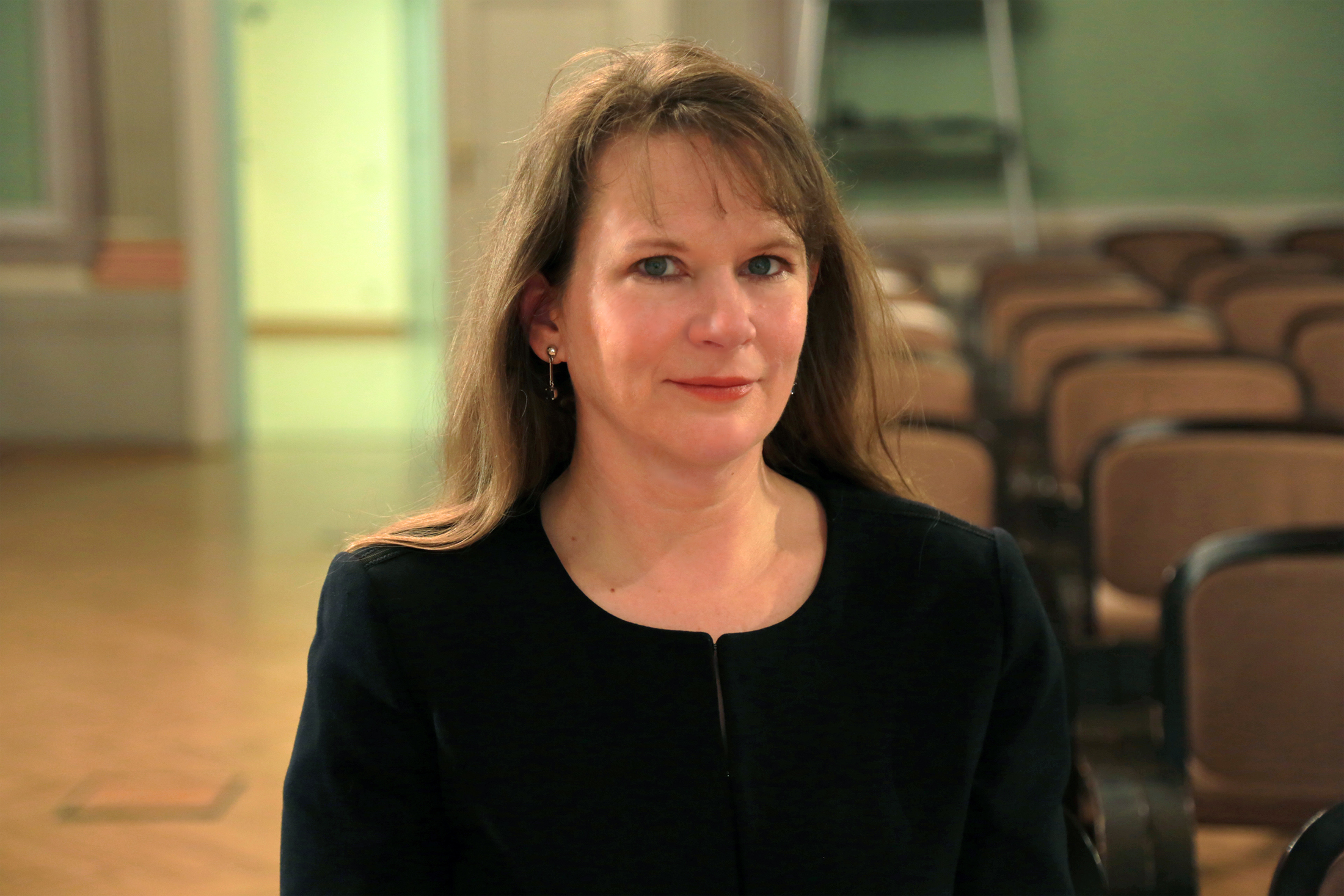
Jennifer Edmond is Associate Professor of Digital Humanities at Trinity College Dublin where she is co-director of the Trinity Centre for Digital Humanities, Director of the MPhil in Digital Humanities and Culture, and a Funded Investigator of the SFI ADAPT Centre. Over the course of the past 10 years, Jennifer has coordinated a large number of significant funded research projects, including her most recent project on AI, big data and democracy, KT4D. She has served in leadership roles in a number of European-level policy and infrastructure organisations, including 6 years as a Director and President of DARIAH-EU, 4 on the European Commission’s Open Science Policy Platform, and her current role as a member of the Governing Board of the European Association of Social Sciences and Humanities (EASSH).
Her research explores interdisciplinarity, humanistic and hybrid research processes, and the emergence of critical digital humanities as a contributor to both research and technology development.
Mark Faulkner (Assistant Professor)
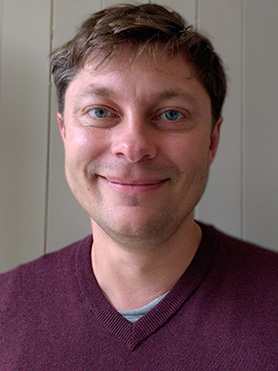
Professor Mark Faulkner is a literary historian, historical linguist, book historian and digital humanist, but above all a philologist. Much of his work, culminating in his New Literary History of the Long Twelfth Century: Language and Literature between Old and Middle English, has focused on illuminating what happened to writing in English in the aftermath of the Norman Conquest, a period considered both pivotal and a textual black hole. His recent work, often in collaboration with Computer Scientists, has focused on bringing philology into the age of big data, through the development of infrastructure and methodologies to contextualise the language of texts on the basis not of handfuls of forms, laboriously collected by hand, but datasets of hundreds of thousands of spellings.
At Trinity College Dublin, he has developed and led the interdisciplinary MPhil in Medieval Studies and worked closely with the Library in promoting, digitising and sharing its manuscripts. He is currently Director of the new Trinity Centre for the Book.
Claire Gillen (Associate Professor)
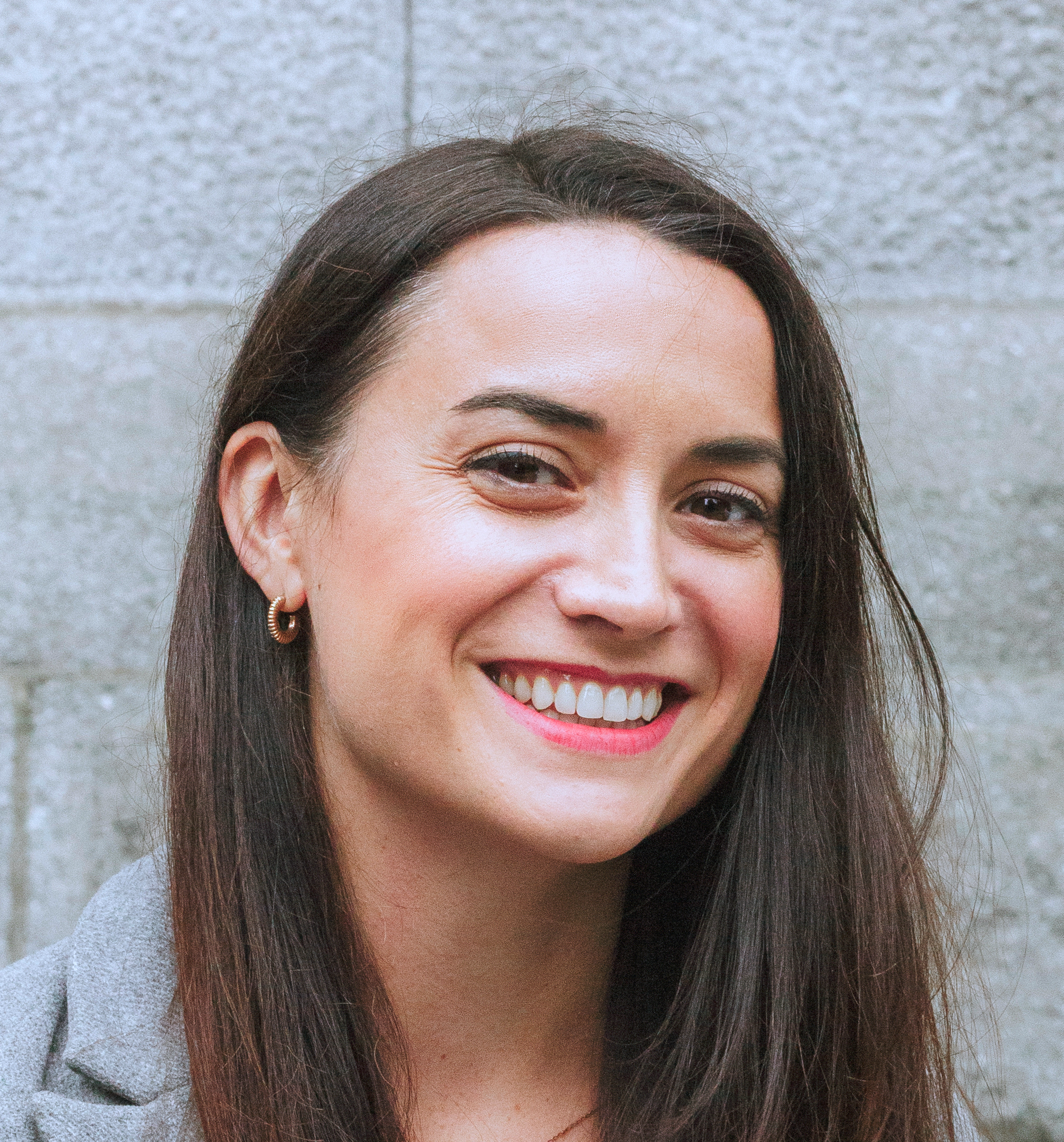
Claire Gillan is an Associate Professor in the School of Psychology. She received her PhD in Experimental Psychology from the University of Cambridge (2013) and a BA in Psychology from University College Dublin (2009). Professor Gillan's research is in the area of computational psychiatry, where her lab develops and tests formal models of how mental health problems arise and how they can be more effectively treated. Professor Gillan has received numerous awards and honours for her research in this space, most recently, the 2022 Science Foundation Ireland Early Career Researcher of the Year.
Professor Gillan's work is generously supported by the European Research Council (ERC), Wellcome Trust, Science Foundation Ireland, the Irish research Council and MQ: Transforming mental health.
Mads Haahr (Associate Professor)
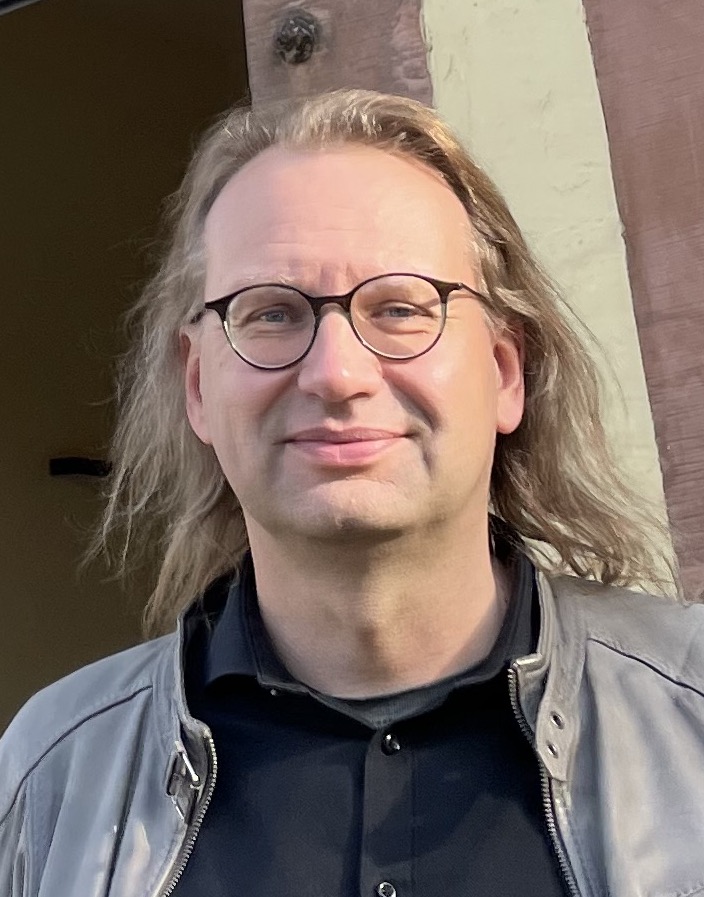
Professor Mads Haahr is a true multidisciplinarian with computer science (PhD-level) as well as literature (BA-level) skills and a strong combination of analytical, technical and creative abilities. He is Associate Professor at the School of Computer Science and Statistics at Trinity College Dublin (TCD) where he also serves as Course Director for the MSc in Interactive Digital Media (IDM) and conducts research, primarily into serious games with a focus on interactive digital narrative.
He has supervised 6 PhD theses and 100+ Masters' theses to completion and also acted as internal and external examiner for research MSc and PhD students. He has authored or co-authored over 100 research papers in peer-reviewed forums and co-edited 10 peer-reviewed volumes.
He is the Founder, CEO and Creative Director for the award-winning serious game studio Haunted Planet Studios and also known for creating the Internet’s premier true random number service RANDOM.ORG.
James Hanrahan (Associate Professor)
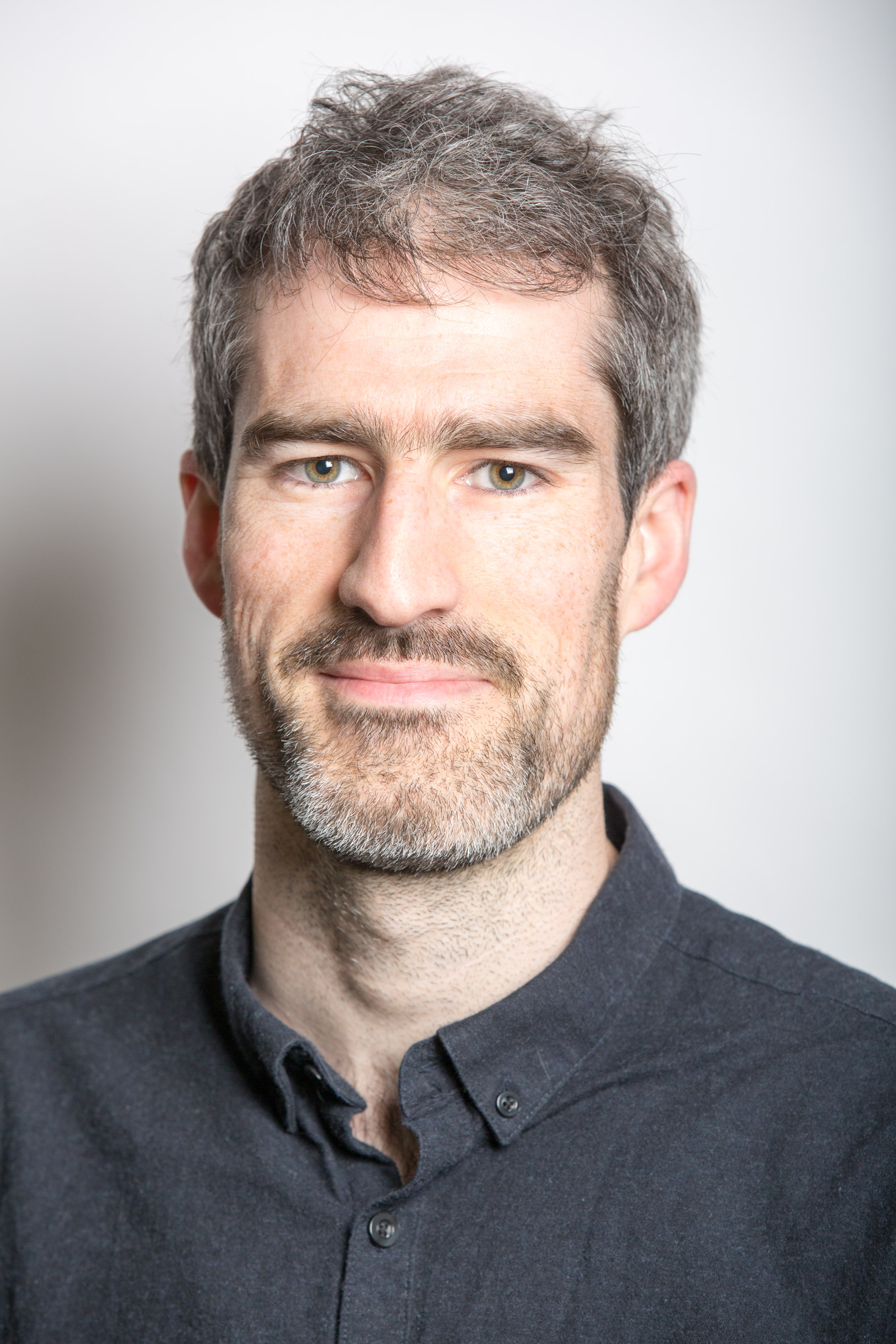
Professor James Hanrahan is a graduate of University College Cork (BCL, Law and French, 1998-2002) and the University of Edinburgh (PhD, 2003-2007). He was a Voltaire Foundation Visiting Fellow at Linacre College, Oxford, in 2008 and was awarded a three-year IRCHSS CARA Post-Doctoral Fellowship in 2010. Following lectureships at NUI Galway and NUI Maynooth, he was appointed Ussher Assistant Professor in Eighteenth-Century French Studies at Trinity College Dublin and is now Associate Professor.
His research focuses on the literature, history, politics and culture of Enlightenment France. He has contributed as an external editor to The Complete Works of Voltaire and has written critical editions of a number of Voltaire's works. He was previously a member of the Advisory Board of The Complete Works of Voltaire and is now a member of the Digital Voltaire Advisory Group. He is a former President of Ireland’s French Studies Association, ADEFFI (2017-2019) and is currently a Trustee and Vice-President of the Board of Directors of Alliance Francaise Dublin.
Ranadeva Jayasekera (Associate Professor)

Ranadeva Jayasekera holds a first-class honours BA (Mathematics and Physics) from the University of Colombo and a PhD in Accounting & Finance from the University of Cambridge. He is a professionally qualified accountant with the Chartered Institute of Management Accountants (CIMA) and has served at a senior capacity in three (Deloitte, Ernst & Young, PwC) of the Big Four global accounting firms in London, Auckland and Colombo. He is a Professor in Accounting at the Trinity Business School and an Associate in Finance at the Judge Business School, Cambridge.
Professor Jayasekera has won numerous awards (e.g., British Chevening Scholarship, Cambridge Commonwealth Trust Award, Trinity Research Excellence Award, Trinity Teaching Excellence Award) for scholarly research and teaching.
He is widely published in highly ranked international refereed journals on the broader role played by financial markets and economic agents on the creation of information asymmetry that effects positive and negative outcomes to the society.
Paschalis Karageorgis (Associate Professor)
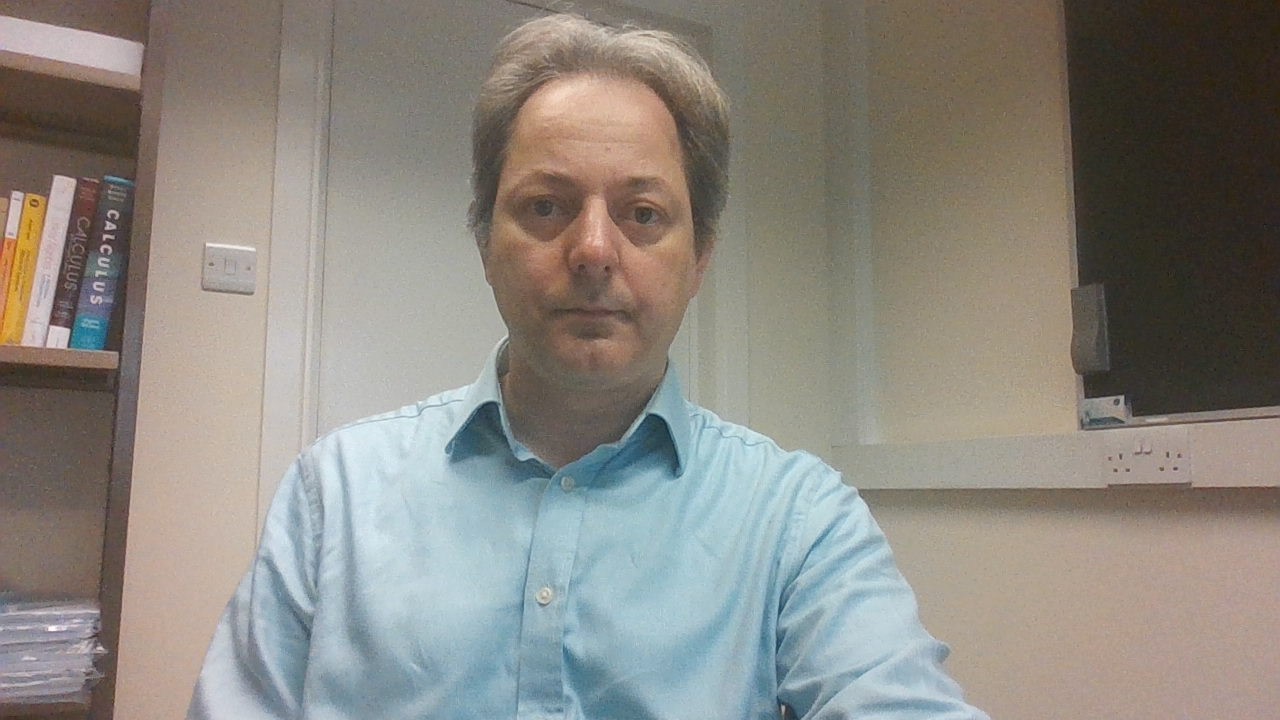
Paschalis Karageorgis is an Associate Professor in the School of Mathematics. His research focuses on the theoretical aspects of partial differential equations, and he has obtained a variety of optimal results regarding the existence, blow up, stability and asymptotic behaviour of solutions. Although his main interests lie in the theory of nonlinear wave equations, he has published several papers on other related topics including elliptic inequalities and biharmonic equations, for instance.
Professor Karageorgis studied pure mathematics as an undergraduate student at MIT and also as a postgraduate student at Brown University, where he obtained his PhD under the supervision of Walter Alexander Strauss. He worked as a lecturer at Northwestern University and then joined Trinity College Dublin in 2005. He has served as the Course Director in Mathematics, and also as the Undergraduate Director of Teaching and Learning in Mathematics, for a number of years.
Vincent Patrick Kelly (Associate Professor)

Vincent Kelly is an Associate Professor in the School of Biochemistry and Immunology, the Director of Transgenics, and is a Co-Founder and Scientific Advisor for Azadyne Ltd. Prior to taking a post in Trinity College Dublin, he was employed in Banyu Pharmaceuticals, a subsidiary of Merck & Co., and performed a post-doctorate in the University of Tsubuka, Japan. He received his PhD in Molecular Biology from the University of Dundee, Scotland, and a BSc in Biochemistry from Trinity College Dublin.
The research interests of the Kelly group include autoimmunity, cancer, mono-genetic diseases, and infertility - specifically the application of RNA-based nucleic acid technologies in disease detection and treatment. With over 25 years of experience in transgenic technologies, in 2011 he established the only transgenic facility on the island of Ireland providing a range of services to both academia and industry including rederivation, IVF, sperm and egg cryopreservation, and CRISPR/Cas9 gene-editing.
Manuela Kulaxizi (Assistant Professor)
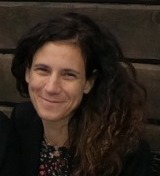
Manuela Kulaxizi, a native of Greece, obtained her PhD in Theoretical Physics under the supervision of Martin Rocek in Stony Brook University, USA. She then moved to Europe where she held various postdoctoral research positions, including the University of Amsterdam, University of Uppsala and University Libres de Bruxelles. She was appointed Assistant Professor in the School of Maths in Trinity College Dublin in Septempber 2018, following appointment as a Marie Curie Sklodowska and HMI research fellow.
Manuela has worked on various topics within String Theory and Holography. She is currently interested in deconstructing the holographic correspondence to investigate the physics of Black Holes.
Michelle Leech (Professor)
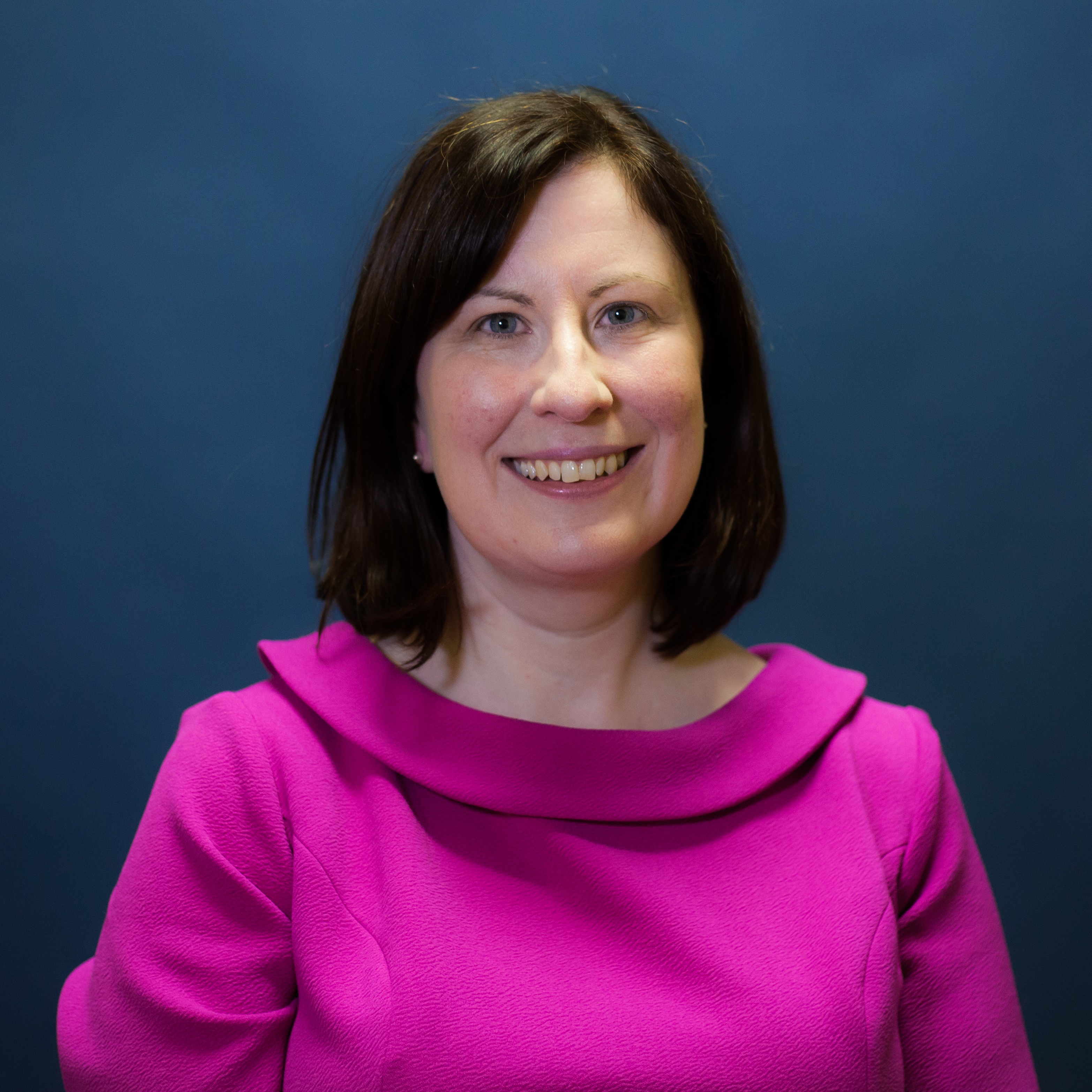
Professor Michelle Leech is a Radiation Therapist and Professor in Radiation Therapy in the School of Medicine, Trinity College Dublin. Michelle is Course Director of the BSc (Honours) Radiation Therapy at Trinity College Dublin. She is past Chair of the Radiation Therapist Committee within the European Society of Radiotherapy and Oncology (ESTRO). She sits on the Scientific Council of ESTRO and is Editor-in Chief of the ESTRO Journal Technical Innovations and Patient Support in Radiation Oncology. Michelle also contributes to activities of the International Atomic Energy Agency (IAEA), particularly in the education of radiation therapists and leads an education project specific to Africa.
Her research interests lie in the quantitative analysis of images (radiomics) and in education of radiation oncology professionals globally. Her current funded research projects are in the management of osteoradionecrosis (Irish Cancer Society), PROMs for paediatric cancers (Irish Research Council) and radiomics analysis of periprostatic adipose tissue (World Cancer Research Fund).
Joanne Lysaght (Professor)
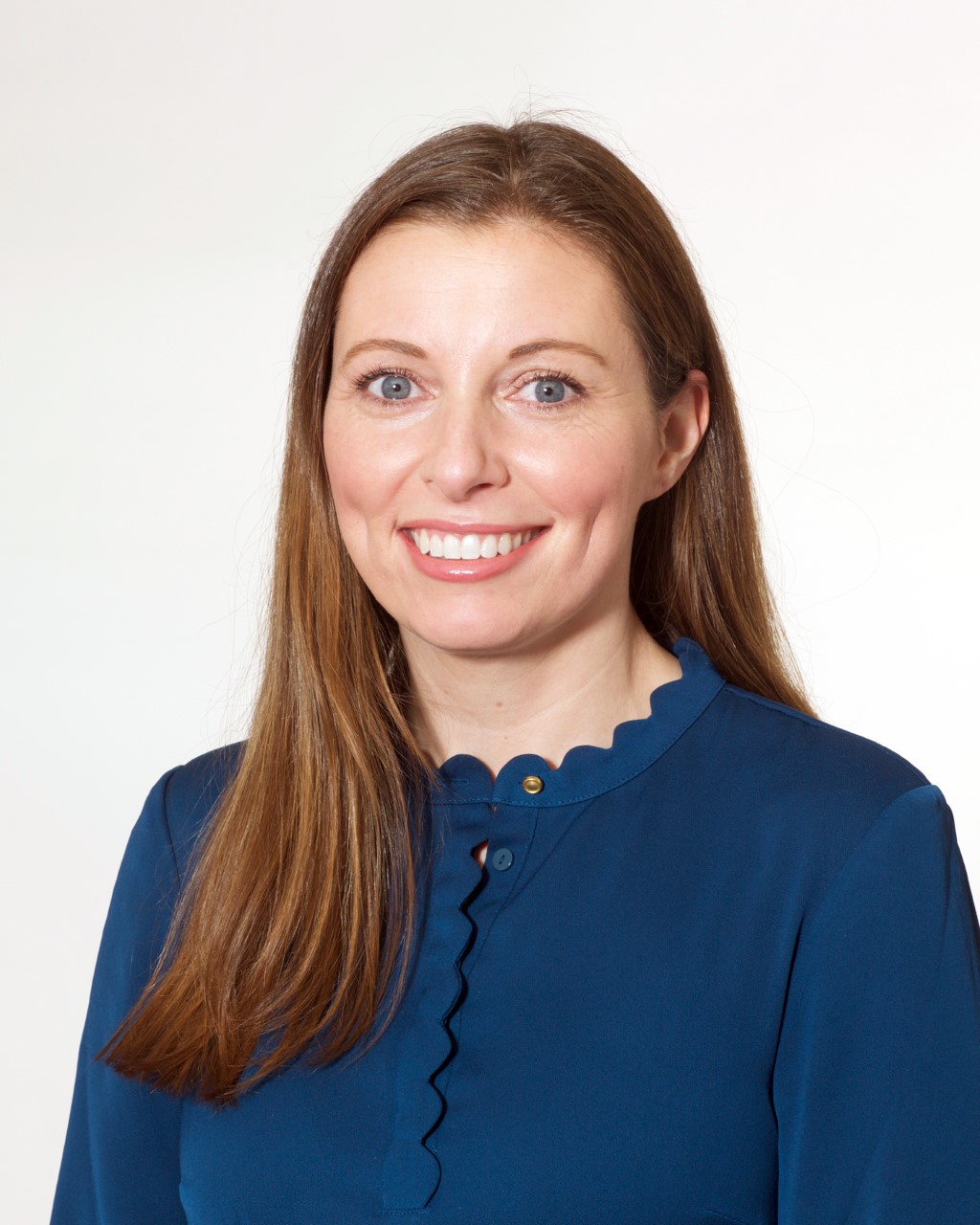
Joanne Lysaght is a Professor in Cancer Immunology and Immunotherapy in the Department of Surgery, School of Medicine. She is the Director of the MSc in Translational Oncology, Research theme co-lead for Cancer Immunology for the Trinity St. James’s Cancer Institute and current President of the Irish Society for Immunology.
Her research group focuses on the role of lymphocytes in anti-cancer immune responses, with the goal of improving response rates to immunotherapies. The majority of this research is focused on upper gastrointestinal cancer, particularly oesophageal, gastric and pancreatic cancer. A major research interest is investigating the relatively unknown immune-independent signalling of immune checkpoint receptors in tumour cells and how this may lead to cancer progression and treatment resistance. Her group are also investigating the impact of chemotherapy and radiotherapy in combination with immune checkpoint inhibitors and how the physical tumour microenvironment impacts anti-tumour T cell function. Additional areas of investigation include the impact of obesity on systemic inflammation and cancer-associated cachexia and sarcopenia. The outputs of her work will ultimately improve patient management, outcomes and quality of life for cancer patients.
Ciaran Seamus McGoldrick (Associate Professor)

Ciarán McGoldrick is an Associate Professor in Computer Systems in the School of Computer Science and Statistics. He completed his PhD in Engineering in Trinity College Dublin in 1998 and has subsequently held academic appointments in both Trinity College Dublin and UCLA. His research objectives cohere around how we can make constrained networking devices and systems perform reliably and securely in any setting and at any scale. He is currently investigating how quantum information science will impact fundamental decomposition approaches in Engineering and Science.
Professor McGoldrick's contributions, in both research and education, are internationally recognised and influential, and his activities have been supported by the EC, SFI and Enterprise Ireland. He is acknowledged nationally as a Champion of European Research, and fulfils leadership, decision making and domain expertise roles for international funding and validation bodies. He is a Senior Member of both the IEEE and the ACM.
Matthias Möbius (Assistant Professor)

Matthias Möbius is an Assistant Professor in the School of Physics and a funded Investigator at the SFI research centre AMBER. He did his PhD at the University of Chicago, followed by a postdoctoral position at the University of Leiden before he joined the School of Physics at Trinity College Dublin.
Professor Möbius is an experimental soft matter physicist whose work focusses on the relationship between the microscopic structure of complex fluids and their corresponding macroscopic, viscoelastic flow properties. Furthermore, he studies fluid dynamic problems that involve bubbles and droplets such as bubble formation during electrolysis.
His research has been funded by SFI, EU and industry partnerships and he published in high impact journals such as Nature, Science and Physical Review Letters.
Lorina Naci (Associate Professor)

Lorina Naci is Associate Professor at the School of Psychology and Global Brain Health Institute (GBHI). She received her PhD from the University of Cambridge as a Cooke Fellow. Her work has made ground-breaking contributions to the understanding of cognition and consciousness for individuals with severely limited motoric output, such as severely brain-injured, anaesthetised or advanced Alzheimer’s Disease patients. For example, she has used neuroimaging to understand how consciousness emerges from the healthy brain and to detect conscious awareness in some severely brain-injured patients, who were clinically diagnosed to be in a vegetative state. Her recent work has enabled some of these individuals to communicate their thoughts to the outside world. She has received several awards, including the L’Oréal UNESCO International Rising Talent Award.
Professor Naci is member of the Governing Board of GBHI, held at Trinity College Dublin and University of California San Francisco, USA. She is funded by the Wellcome Trust, the Irish Research Council, and Enterprise Ireland, among others.
Derek Nolan (Associate Professor)

Derek Nolan is an Associate Professor at the School of Biochemistry and Immunology and is the current Head of School. He received his BA (mod.) and PhD in Biochemistry from Trinity College Dublin before moving to the Département de Biologie Moléculaire at the Université Libre de Bruxelles (ULB) as an EMBO Fellow. He remained at the ULB as a Marie Curie Fellow and subsequently as a Senior Research Fellow at the Institute de Biologie et de Médecine Moléculaires (IBMM).
Following the award of a Wellcome Trust Senior Fellowship he returned to Trinity College Dublin to continue his career in research and teaching. His research focuses on the African trypanosomes, the causative organism of human sleeping sickness and related diseases in domestic animals. He has published important findings in many areas of trypanosome research during the past thirty years and in doing so has established himself as an internationally recognised researcher with a wide and deep understanding of these remarkable parasites.
Niamh O'Boyle (Assistant Professor)
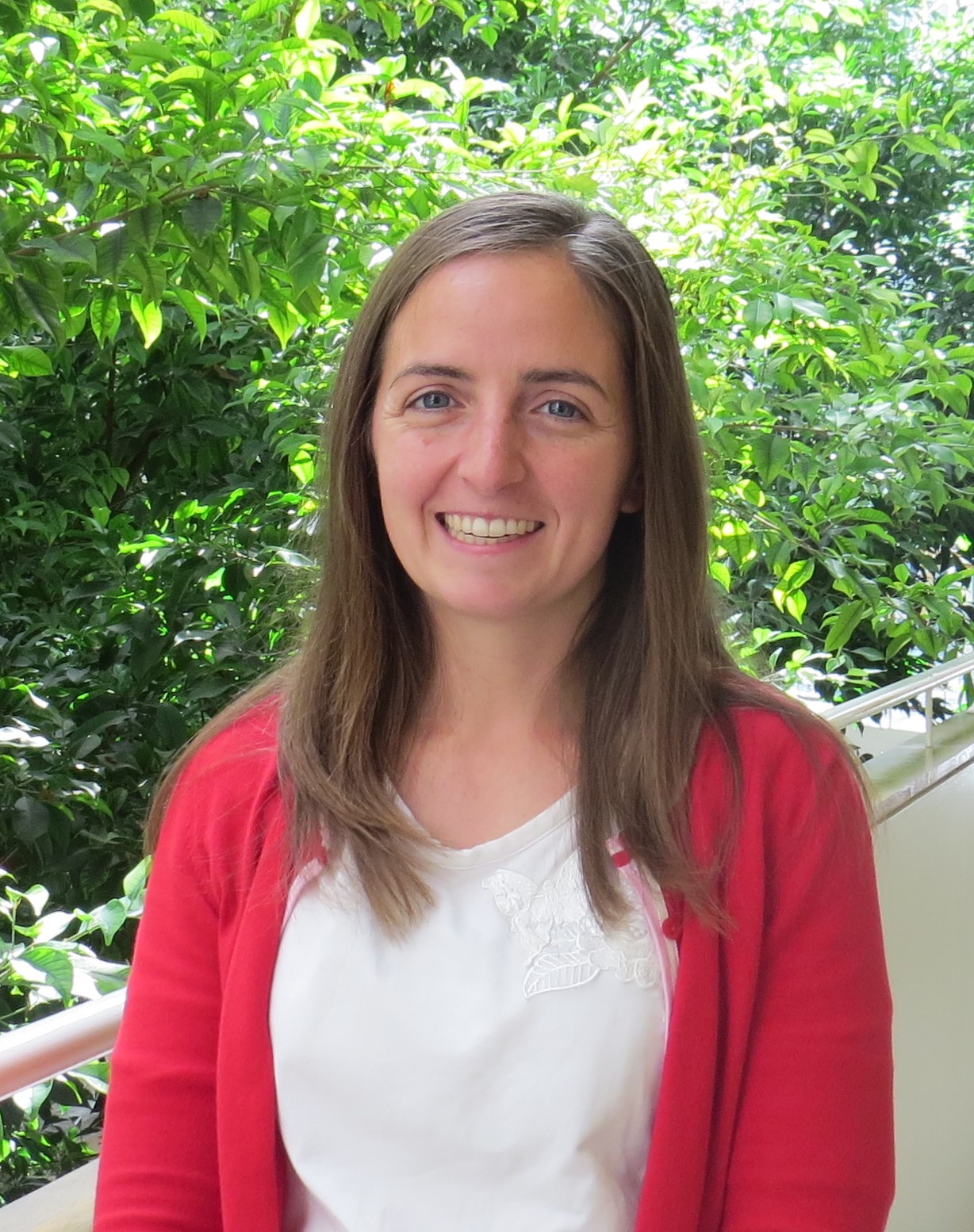
Niamh O’Boyle is an Assistant Professor in the School of Pharmacy and Pharmaceutical Sciences. She received her BSc (Pharm) and PhD degrees from Trinity College Dublin, followed by postgraduate research at the University of Gothenburg, Sweden. Professor O’Boyle’s research stems from her interest in the intricate interactions between chemicals and the human body. She leads research projects developing new anti-cancer drugs and discovering the mechanisms of skin allergy. The driving force behind her work is to improve patient health and treatment options. Niamh teaches extensively in the MPharm and MSc (Pharmaceutical Sciences) programmes.
Professor O’Boyle is a member of the Royal Irish Academy’s Physical, Chemical and Mathematical Sciences committee (2022-2026) and is the early career representative for the Ireland Regional Steering Group of the Royal Society of Chemistry (2020-2023). She has also been a committee member of the international GP2A medicinal chemistry group for many years. She is passionate about outreach and has run several popular public engagement events.
Jennifer O'Meara (Associate Professor)
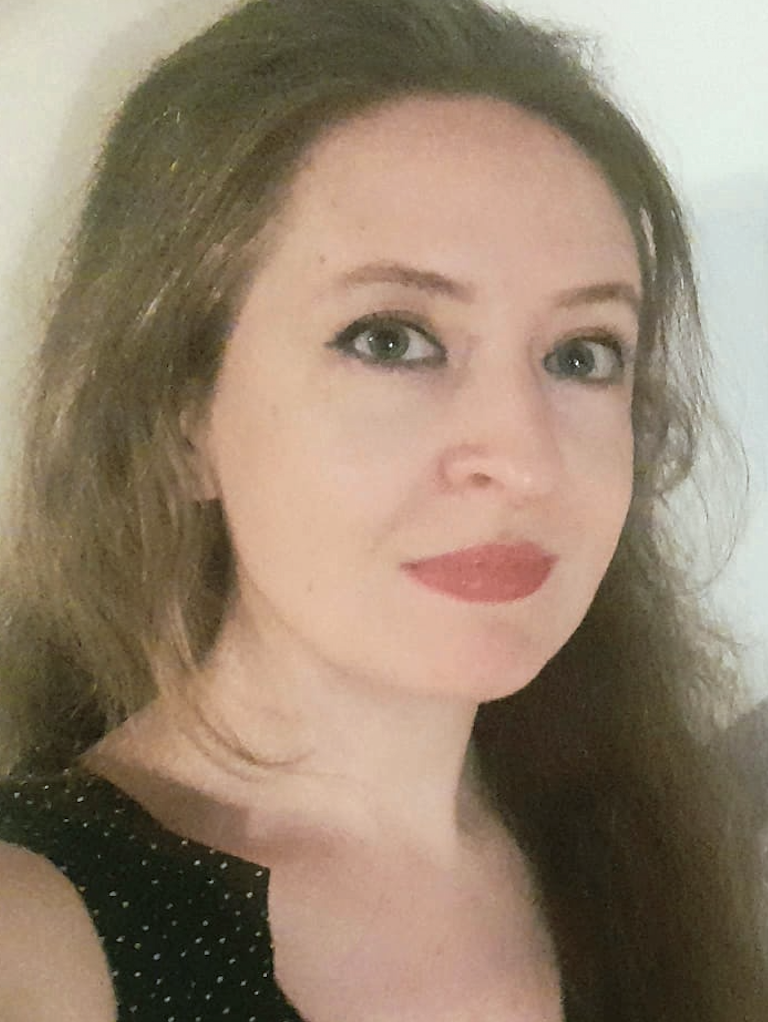
Jennifer O'Meara joined Trinity College Dublin as Assistant Professor in Film Studies in 2018, coming from the University of St. Andrews. A graduate and former Scholar of Trinity College Dublin, she has published widely on sound, gender and subculture in film and digital media, including the monographs Women's Voices in Digital Media (University of Texas Press, 2022) and Engaging Dialogue: Cinematic Verbalism in American Independent Cinema (Edinburgh University Press, 2018). Professor O'Meara is a board member of the Irish Screen Studies Network and a mentor on the HUMAN+ Fellowship Programme, which supports interdisciplinary research between computer science and arts & humanities. Her work has been funded by the Irish Research Council, Carnegie Trust, Wellcome Trust, and a Provost's Project Award. Her current IRC Laureate Award project focuses on cinematic precursors to hyperreality and deceptive media.
Professor O'Meara is former Director of Undergraduate Teaching & Learning for the School of Creative Arts and Film’s academic advisor for the Trinity-Columbia University Dual Degree. Keen to engage with the arts in society, she has programmed for film festivals and is a regular contributor to arts criticism.
Dermot O'Toole (Professor)
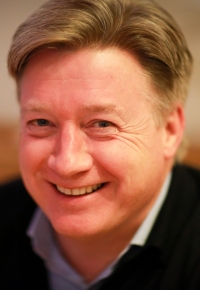
Dermot O’Toole is Professor in Gastroenterology in Clinical Medicine at Trinity College Dublin and Consultant Gastroenterologist at St James’s Hospital and St. Vincent’s University Hospital. He graduated from Trinity College Dublin and has postgraduate degrees from Trinity College Dublin and the Universities of Paris and Angers. He obtained an H.D.R. from Université Paris VII in 2011 and was appointed Professor of Gastroenterology in Université Paris VII. He is also a Fellow of the Royal College of Physicians of both Ireland (FRCPI) and London (FRCP).
His major research interests include gastrointestinal cancer biology, especially in neuroendocrine tumour-related diseases and early gastrointestinal neoplasia (Barrett’s oesophagus, gastric and colorectal cancers). Professor O’Toole is Clinical Lead for the national neuroendocrine tumour group. He has served on the Executive Committee of the European Neuroendocrine Tumour Society (ENETS) helping to develop guideline papers and standards of care initiatives in this field. He is Past Chair of the ENETS-driven European Centres of Excellence programme that led to the establishment of over 68 international centres of excellent worldwide.
Professor O’Toole is a member of several professional bodies in Europe and North America acting as advisor in many national health-care projects. He is currently serving on the American Joint Committee on Cancer (AJCC) TNM staging panel (Chairing in sub-sections).
Professor O’Toole has participated in several patient advocacy groups (in Ireland, Europe, Canada and Australia) and serves on the Advisory Panel to the International Neuroendocrine Cancer Alliance (INCA) patient group where he also Chairs an international awareness/educational programme aimed at primary care practitioners in the field of neuroendocrine tumour disorders.
Bjoern Quiring (Assistant Professor)
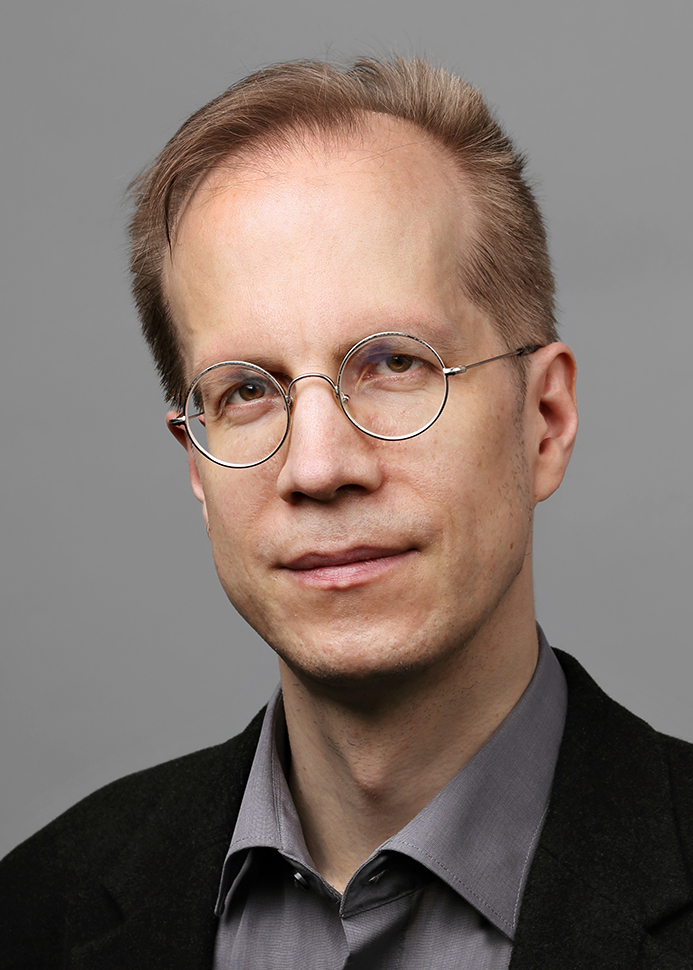
Bjoern Quiring is an Assistant Professor at the School of English which he joined in 2018. Before, he held assistant professorships at the European University Viadrina in Frankfurt (Oder), the Ludwig Maximilian University, Munich and the Free University, Berlin, as well as Visiting Scholar positions at New York University and Harvard University.
His research focuses on the poetics of law and literature. His first book, Shakespeare’s Curse: The Aporias of Ritual Exclusion in Early Modern Royal Drama (Routledge, 2014) analyses the uses of the ritual curse in Shakespeare’s history plays. The second book Trials of Nature: The Infinite Law Court of Milton’s ‘Paradise Lost’ (Routledge, 2021) investigates Milton’s refashioning of a common metaphor, namely the identification of nature with an all-encompassing court of law and the associated process of judgment. He has also edited two volumes on the theatrum mundi metaphor and co-edited both a volume on the literary history of chaos and a volume on horror literature and philosophy. His present book project investigates the dialectics of property in early English Romanticism.Roman Romero-Ortuno (Professor)
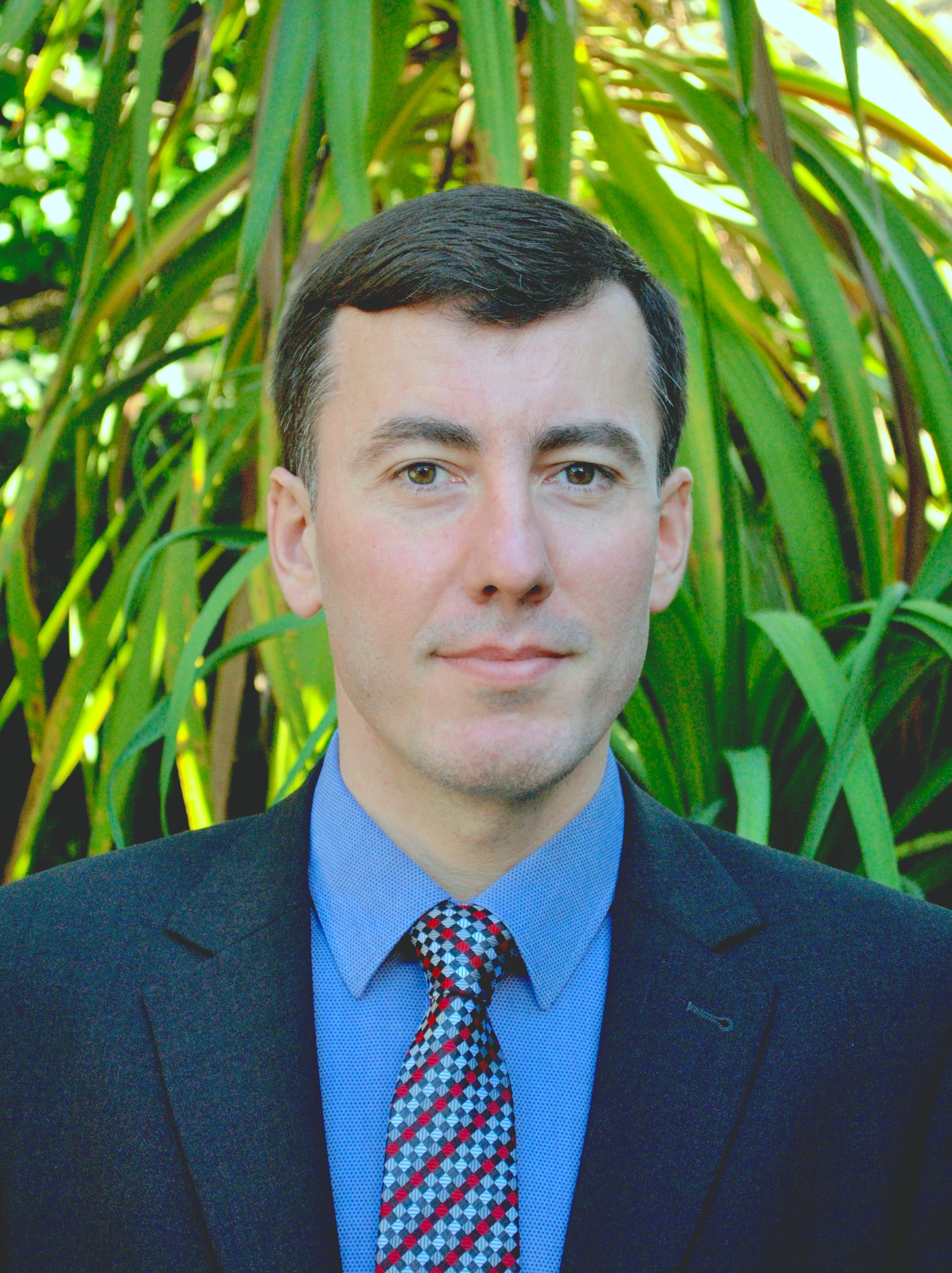
Roman Romero-Ortuno is Professor in Medical Gerontology in the School of Medicine and Consultant Physician in St. James's Hospital, Dublin. Since 2018, he has served as Faculty member of the Global Brain Health Institute (GBHI) where he brings clinical and academic expertise in frailty, dementia, delirium and comprehensive geriatric assessment. His research contributions in the area of frailty have been recognised with the 2015 British Geriatrics Society Rising Star Award, the 2017 Count of Cartagena Award from the Royal National Academy of Medicine of Spain and the 2018 President of Ireland Future Research Leaders Award.
In December 2020, Professor Romero-Ortuno was appointed as Associate Director of Postgraduate Teaching and Learning (MD Studies); and in August 2022, he was elected Head of the Discipline of Medical Gerontology in Trinity's School of Medicine (2022-2025). He is Board Member of the Geriatric Medicine Section of the European Union of Medical Specialists (UEMS).
Micha Ruhl (Assistant Professor)
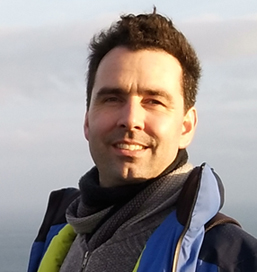
Micha Ruhl is Assistant Professor in Geology at the School of Natural Sciences. He originally graduated from Utrecht University (NL), with a BSc, MSc (2006) and PhD (2010) in Earth Sciences. He then worked for 3 years as a postdoctoral research associate and fellow at the Nordic Centre for Earth Evolution at the University of Copenhagen (DK), followed by 5 years as postdoctoral research associate at the Department of Earth Sciences at the University of Oxford (UK). Professor Ruhl joined Trinity College Dublin in 2018 where his research is focused on the fields of sedimentary geochemistry, palaeoclimatology and integrated stratigraphy. For his research he studies some of the largest past climatic and environmental change events in Earth history and their causal links to global carbon cycle perturbations and major mass extinctions. His research is both field and laboratory based, and his projects have allowed him to conduct fieldwork worldwide, in North and South America, Africa, Asia and Europe.
Professor Ruhl's research is commonly conducted as part of large international research consortia such as through the International Continental Drilling Programme. He has authored 60 peer-reviewed publications including in internationally high-ranked journals such as Science, Science Advances, Nature Geosciences, PNAS, and Nature Comms, and his work has extensively featured in global news outlets. He currently co-leads the UNESCO International Geoscience Programme project 739, which brings together international experts in the study of deep-time climate change. Furthermore, Professor Ruhl serves on the editorial board of two international peer-reviewed journals.
Professor Ruhl currently supervises 2 PhD students at Trinity College Dublin, where he also teaches in the Undergraduate and MSc programmes, and he serves as Director for the Undergraduate Teaching programme in Geography & Geosciences (TR062).
Clemens Ruthner (Assistant Professor)
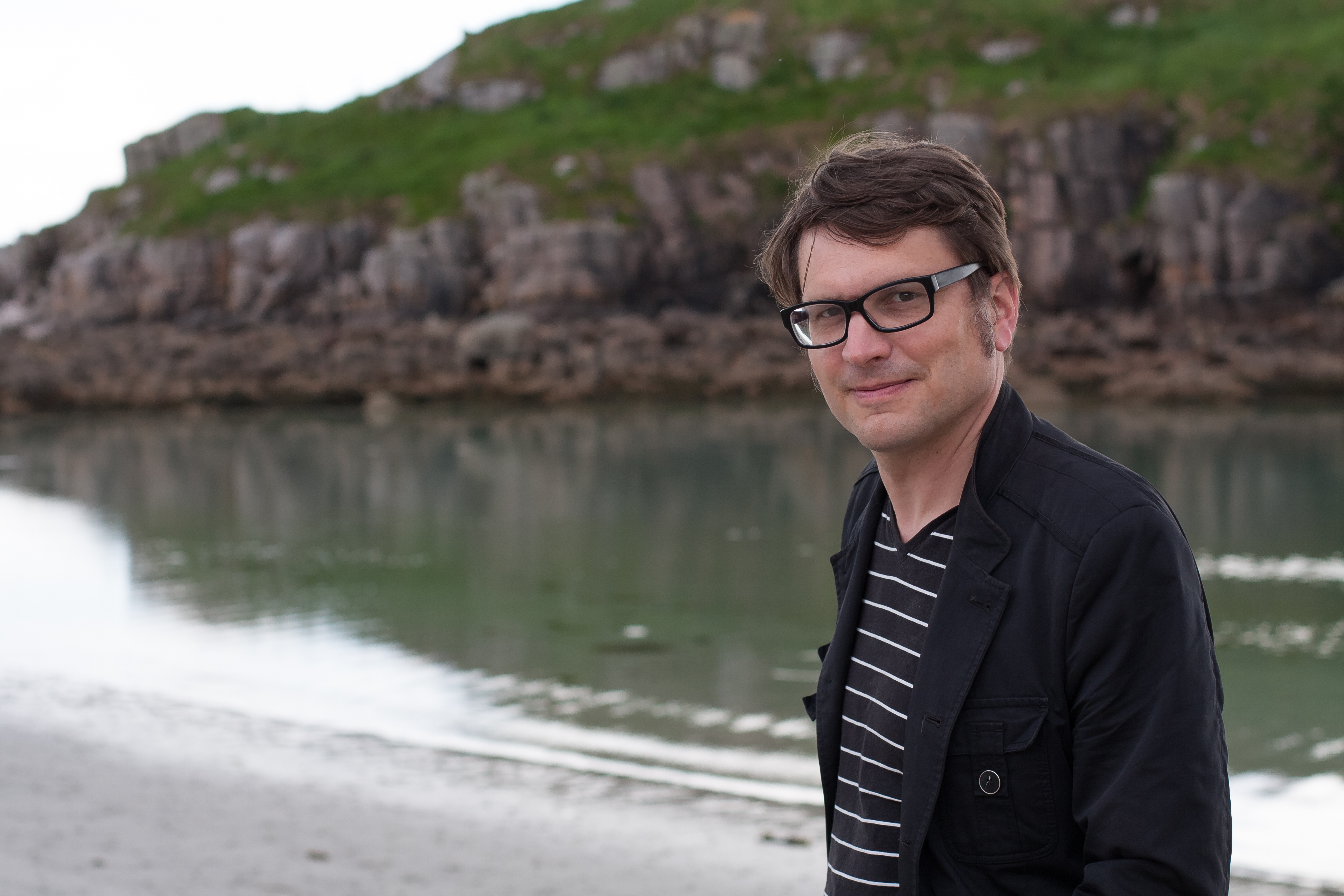
Professor Clemens Ruthner studied German philology, philosophy and communication studies at the University in Vienna, where he also received his PhD in German Literature and Theory. He taught at universities in Budapest, Antwerp, Leuven and Edmonton before he came to Trinity College Dublin in 2008 as lecturer in German and Central European Studies. He also held Visiting Professorships in Vienna, Sarajevo, Leipzig, Berkeley, Ljubljana and Graz.
Professor Ruthner's research focuses on German and Austrian literature and culture (18th-21st centuries), the late Habsburg Monarchy, Postcolonialism, otherness studies and cultural theory. Latest book publications: Habsburgs 'Dark Continent (2018), Die Mutzenbacher (2019), Closeness and Distance in Early Austrian Modernism (2020) and Peter Handke's Jugoslawien-Komplex (2022). Since 2022 he has been Director of the Trinity Centre for European Studies and convenor of the College research theme 'Identities in Transformation'.
Alexandros Seretakis (Assistant Professor)
Alexandros Seretakis is an Assistant Professor in Capital Markets and Financial Services Law at the School of Law. His research interests include decentralized finance, blockchain, central bank digital currencies and alternative investment funds. His work has appeared in leading US and European law reviews, including the NYU Journal of Law and Business, Fordham Journal of Corporate and Financial Law, European Business Organization Law Review and European Company and Financial Law Review. His monograph Regulating Hedge Funds in the EU was published by Wolters Kluwer in 2022.
He has been a Research Fellow at the Pollack Centre, New York University Stern School of Business and the Institute of Advanced Legal Studies, University of London. He has presented his research in prestigious think tanks, such as the Centre for European Policy Studies, associations, such as the New York City Bar Association and conferences organized by Yale University, UCL, National University of Singapore and Chinese University of Hong Kong.
Professor Seretakis studied at American and European Universities, including UCL and New York University, and is a lawyer in Greece and New York.
Valerie Smith (Professor)
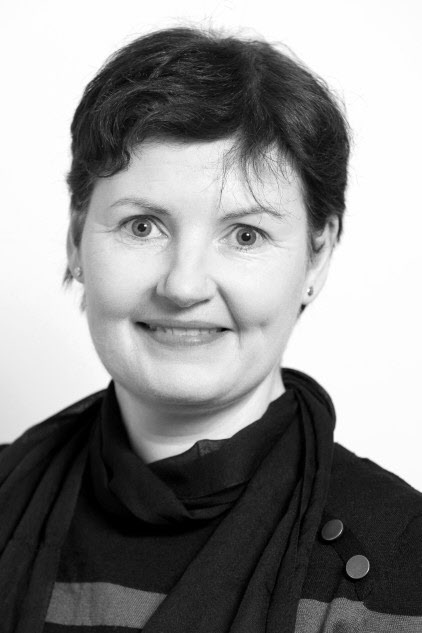
Valerie Smith is a Professor in Midwifery at the School of Nursing and Midwifery, Trinity College Dublin, and a registered General Nurse, Midwife and Clinical Nurse Teacher. Valerie's clinical research program extends to all areas of maternity care with specific expertise in antenatal and intrapartum fetal well-being, intrapartum care, and postnatal morbidity. Valerie's methodological research expertise includes systematic reviews, randomised trial research, survey research, and qualitative research methods.
Professor Smith is a Cochrane Ireland and UK Senior systematic review trainer, a member of the Executive Board of the Health Research Board Trials Methodology Research Network (HRB-TMRN), an Executive Committee member of Evidence Synthesis Ireland (ESI), and a Senior Editorial Board member for BMC Pregnancy and Childbirth and Systematic Reviews journals. She is additionally a member of the international collaborative Trials Methodology Research Partnership (Outcomes Working Group), an invited member of the Expert Advisory Group for the National Maternity and Gynaecology Clinical Guideline Programme and was a member of a previous EU COST Action (ISO907) Childbirth Cultures, Concerns and Consequences, Creating a Dynamic EU Framework for Optimal Maternity Care.
In addition to PhD supervision and mentoring post-doctoral researchers, Professor Smith has mentored two HRB Cochrane Fellows and three ESI Fellows to project completion and is professionally mentoring two academic colleagues. As a practitioner, educator, and researcher, Valerie is passionate about advancing evidence and scholarship for maternal and population health, progressing research methodologies, and building capacity for excellence in these areas.
Kirk Soodhalter (Assistant Professor)
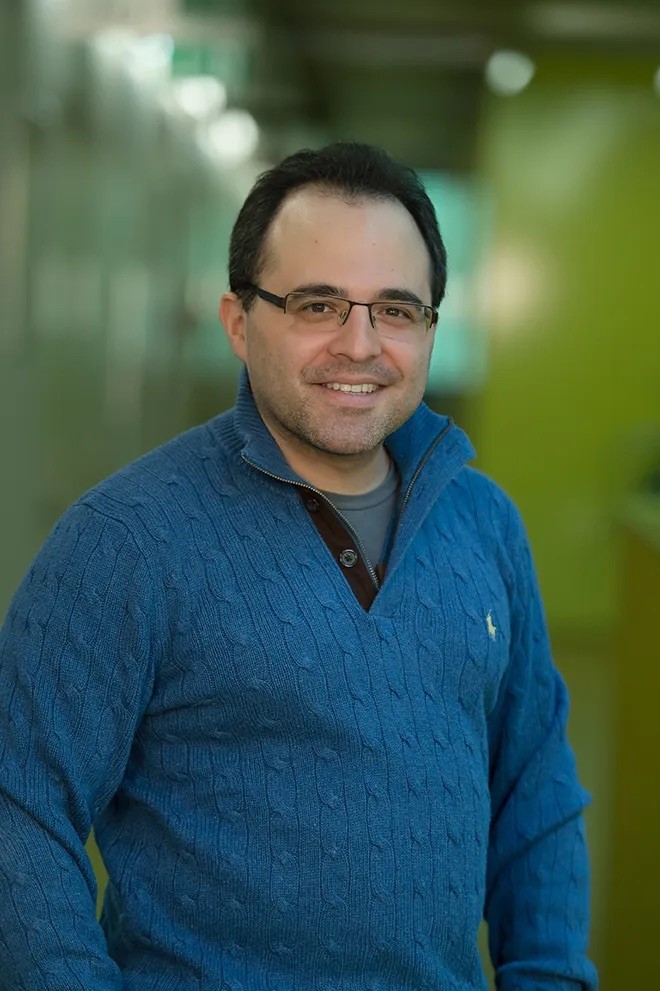
Kirk Soodhalter is from Houston, Texas. He received a Bachelor Degree of Science in Mathematics and English Literature from Tulane University, New Orleans in 2004, writing his thesis in mathematics. From 2004-2006, he worked as a technical writer for the Department of Cardiothoracic and Vascular Surgery at the University of Texas at Houston Medical School. From 2006 to 2012 he completed his Masters and PhD in Mathematics at Temple University in Philadelphia, on numerical and applied linear algebra topics.
From 2012 to 2016, he held the position of University Assistant Professor at the Industrial Mathematics Institute at Kepler University in Austria, and from 2016 to 2017 he held the position of Research Scientist at Johann Radon Institute for Computational and Applied Mathematics, working also as a consulting mathematician to Siemmens Austria.
In 2017, he assumed his current position of Ussher Assistant Professor in Numerical Analysis at Trinity College Dublin.
Peter Stone (Associate Professor)
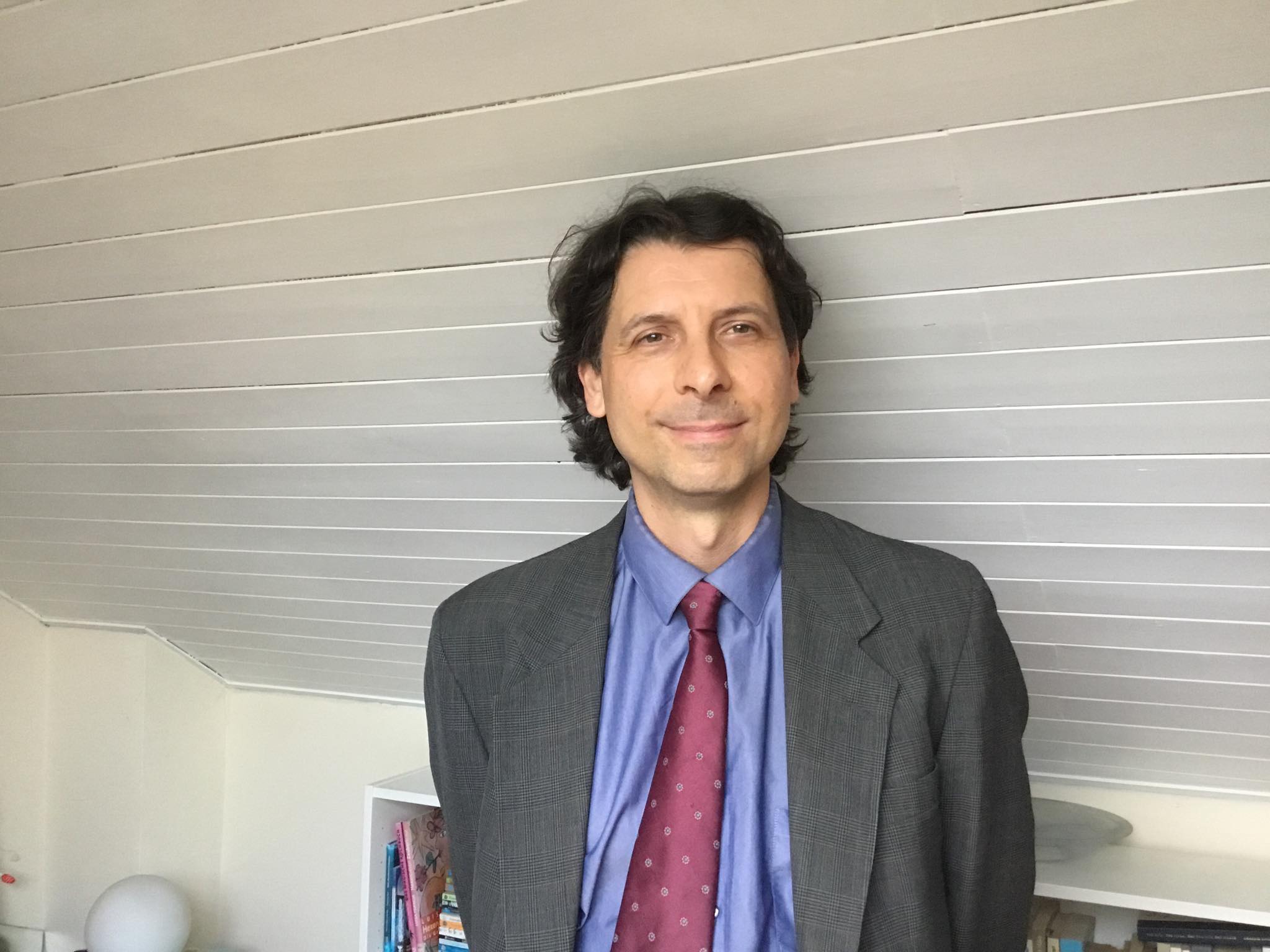
Peter Stone is as Associate Professor in Political Science. He received his BA from Pennsylvania State University and his MA and PhD from the University of Rochester. Professor Stone taught at Stanford University and held a Faculty Fellowship at Tulane University’s Center for Ethics and Public Affairs before coming to Trinity College Dublin. He works in political theory, and for many years has studied the role of random selection in politics. He is the author of the book The Luck of the Draw: The Role of Lotteries in Decision Making (2011) and the editor of several books, including Lotteries in Public Life: A Reader (2011) and Bertrand Russell: Public Intellectual (co-edited with Timothy Madigan, 2016; second edition 2021; UK edition 2022).
Professor Stone has served as President of the Political Science Association of Ireland and Secretary of the Bertrand Russell Society. He currently serves as Head of the Political Science Department.
Patrick Walsh (Assistant Professor)
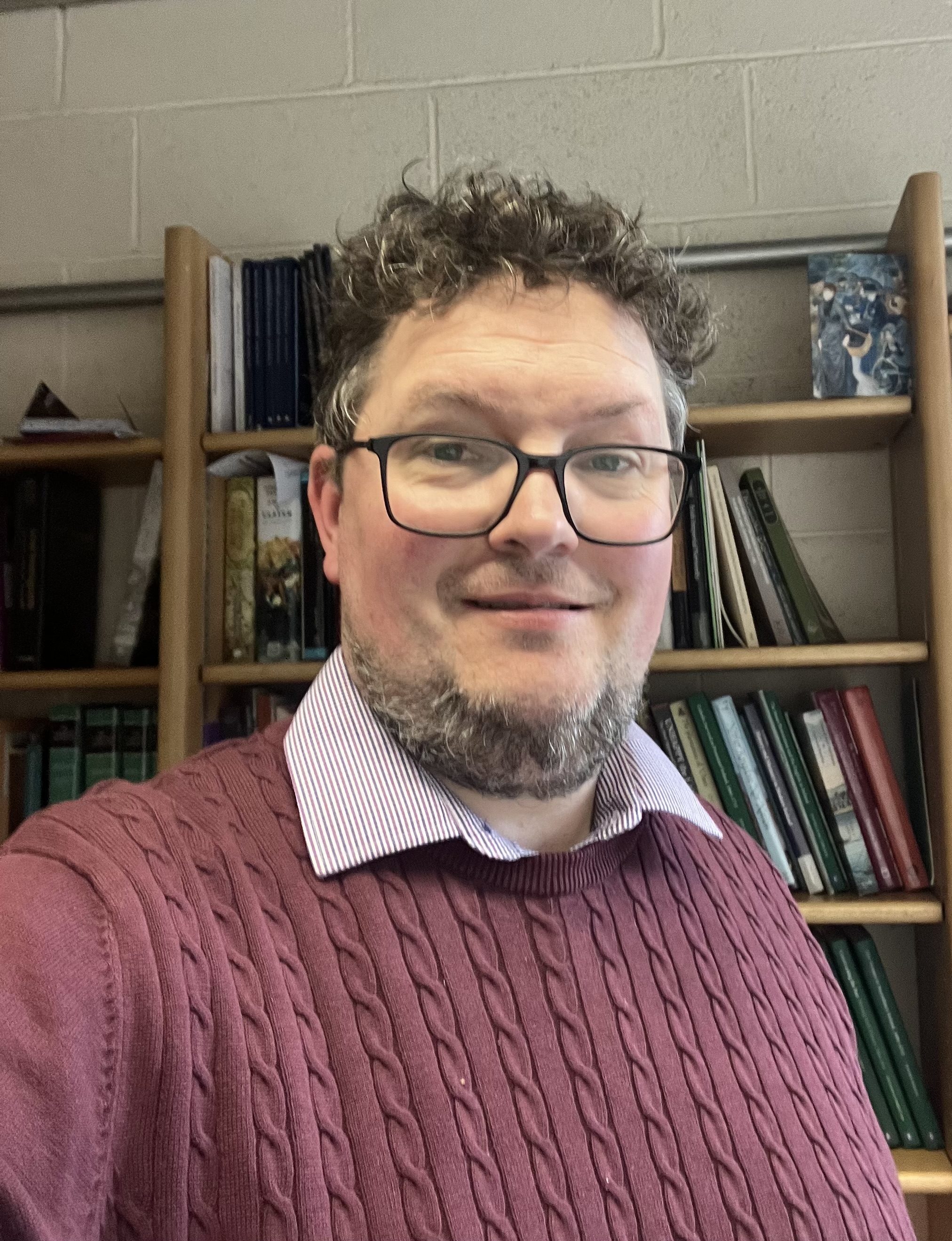
Patrick Walsh is Assistant Professor in Eighteenth Century Irish History in the Department of History. A graduate of Trinity College Dublin (BA 2003, PhD 2008) he returned to Trinity College Dublin in 2018 having previously taught and been a Marie Curie Sklodowska/IRC Co-Fund Fellow at University College London.
Professor Walsh is the author of two books, The Making of the Irish Protestant Ascendancy: The Life of William Conolly, 1662-1729 (2010), and The South Sea Bubble and Ireland: Money, Banking and Investment, 1691-1721 (2014). Patrick has also co-edited three ground-breaking collections of essays, New Perspectives on the Penal Laws (2011), The British and Irish Fiscal States, 1660-1783 (2016) and Taxation, Politics, and Protest in Ireland, 1662-2016 (2019). His recent collaborative research on eighteenth-century Irish and Scottish property was conducted with colleagues in Glasgow and was co-funded by the IRC and the AHRC.
Professor Walsh is currently Co-Principal Investigator of the Trinity Colonial Legacies Project. A former editor of Eighteenth-Century Ireland he is a director of the Castletown Foundation.
Scholarship
THE FOLLOWING HAVE BEEN ELECTED TO SCHOLARSHIP 2023:
Course Name |
Name |
Bachelor in Global Business |
Petro Visage |
Biological and Biomedical Sciences |
Hugo Fitzmaurice |
Chemical Sciences |
Conor Burke |
Children's and General Nursing |
Tara Byrne |
Classics, Ancient History and Archaeology |
Nina Spens |
Clincial Speech and Language Studies |
Katie Mohan |
Computer Science |
Daniel Farushev |
| Dental Science | Leena Al-Bayati |
Drama and Theatre Studies |
Kate Feehily |
English Studies |
Conor Grimes |
European Studies |
Finn Jackson |
Law |
Finn Doherty |
Mathematics |
Brian O'Callaghan |
Medicine |
Alexandre Assi |
Midwifery |
Katie O'Shea |
| Nursing | Caoimhe Colgan |
| Occupational Therapy | Elena Diez Clarke |
| Pharmacy | Sofia Hu Fiona Murphy |
| Philosophy, Political Science, Economics and Sociology | Jack Cantillon Aengus Gilligan Allanah Maxwell |
Radiation Therapy |
Sylvia Nwokolo |
Theoretical Physics |
Luke Johnston Dominik Kuczynski |
| Trinity Joint Honors | Anna Brugger Kate Byrne Francesco Guaita Brian Lennon Ciara Murray Dearbhla O'Regan Ailill Park-Sullivan Joe Prendergast Lily Price Ioana Raducu Meabh Scahill |
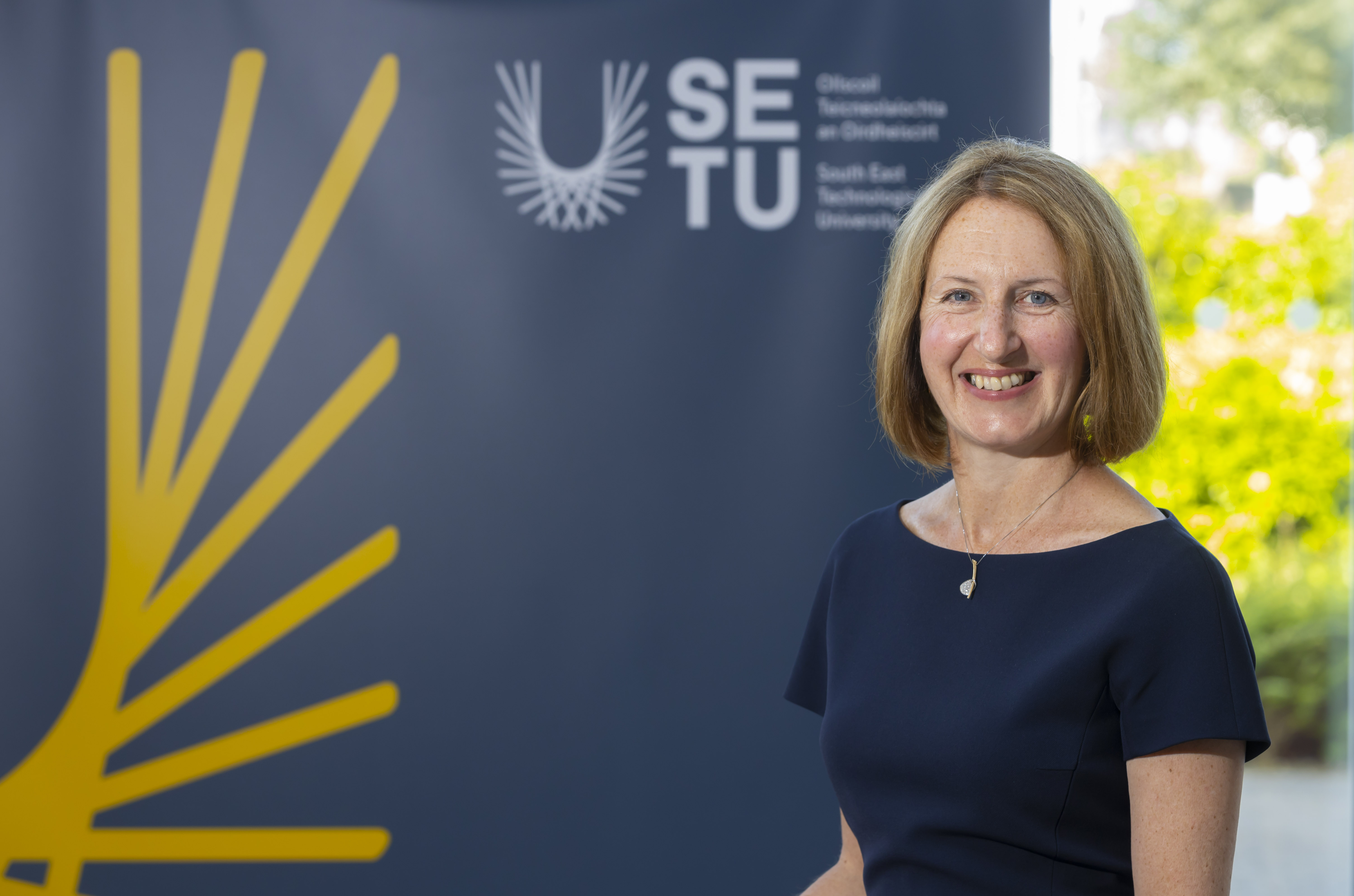
.JPG)
